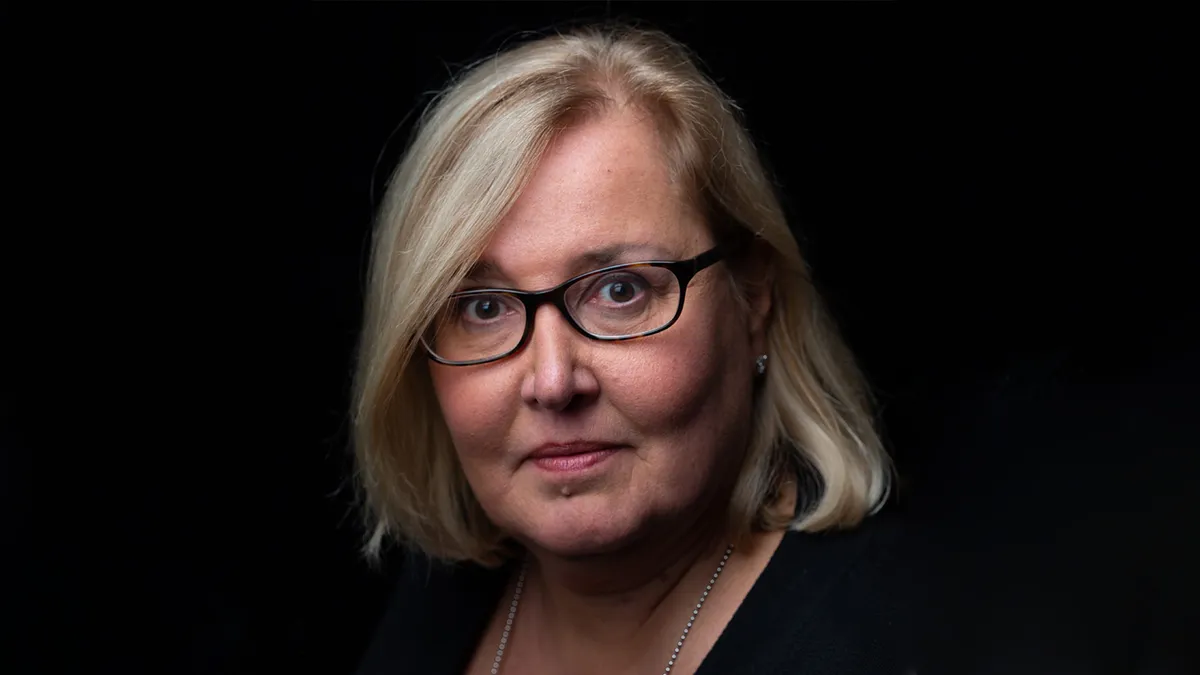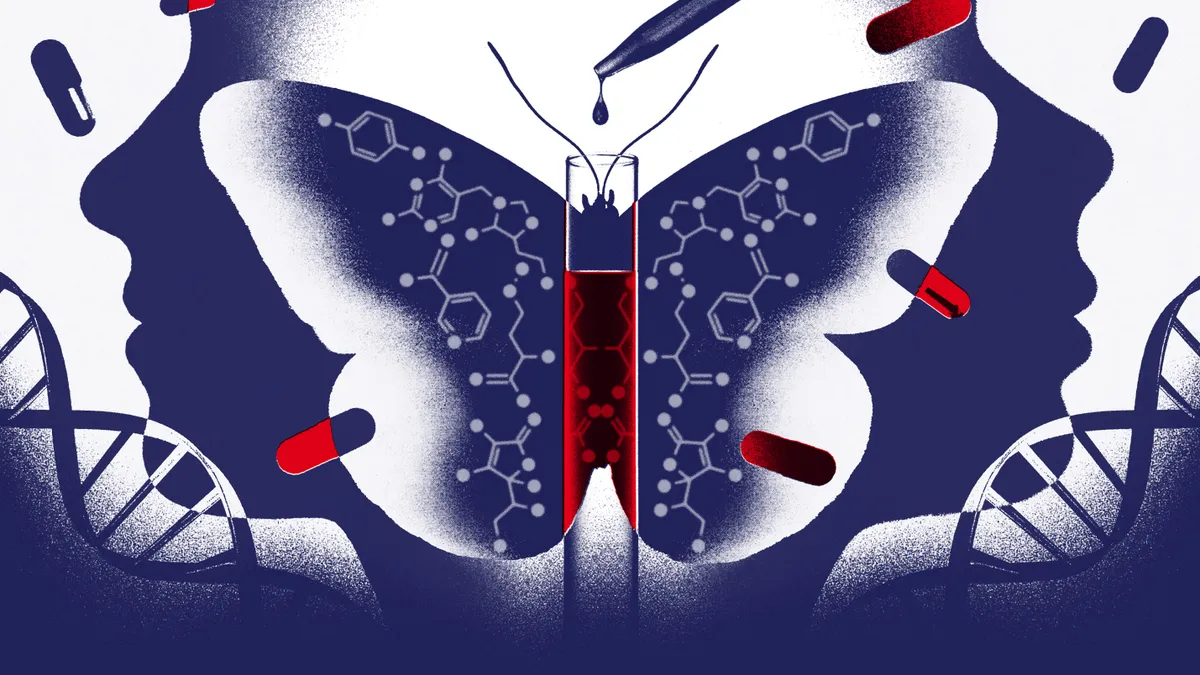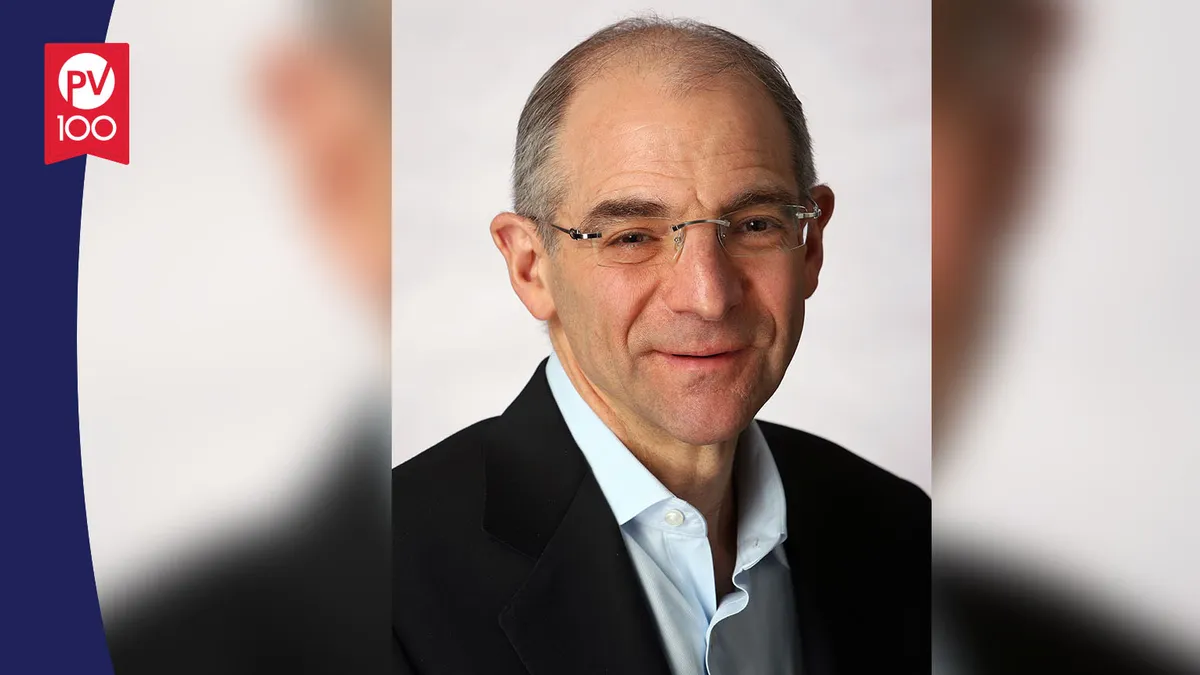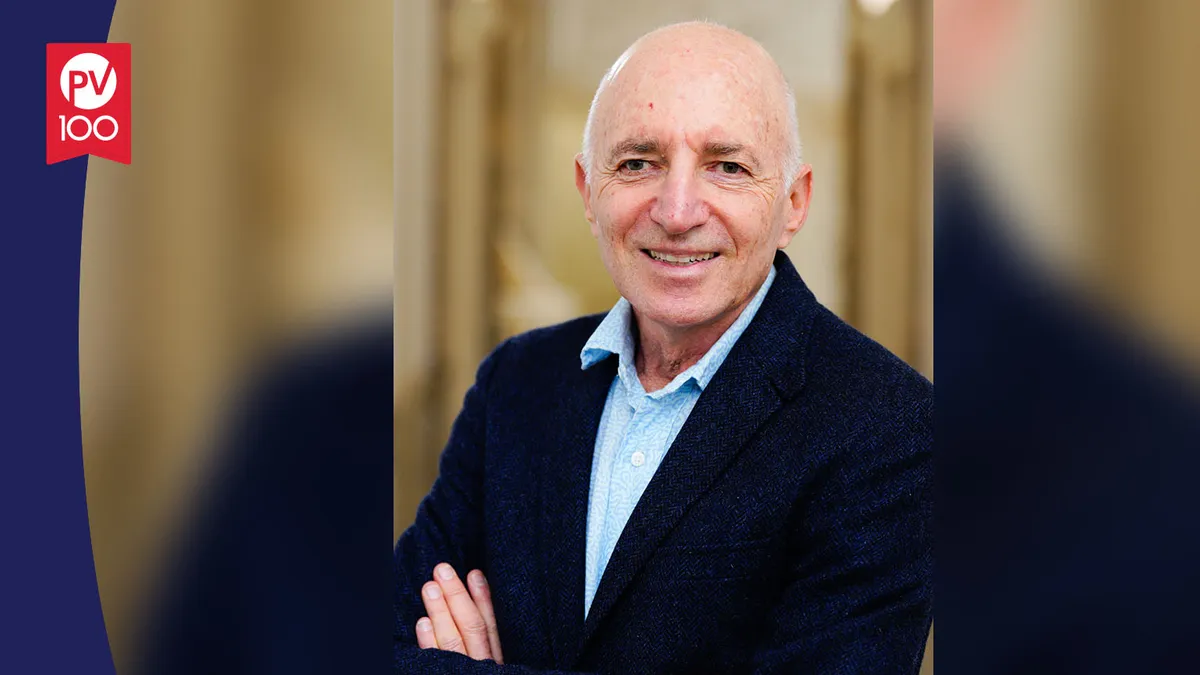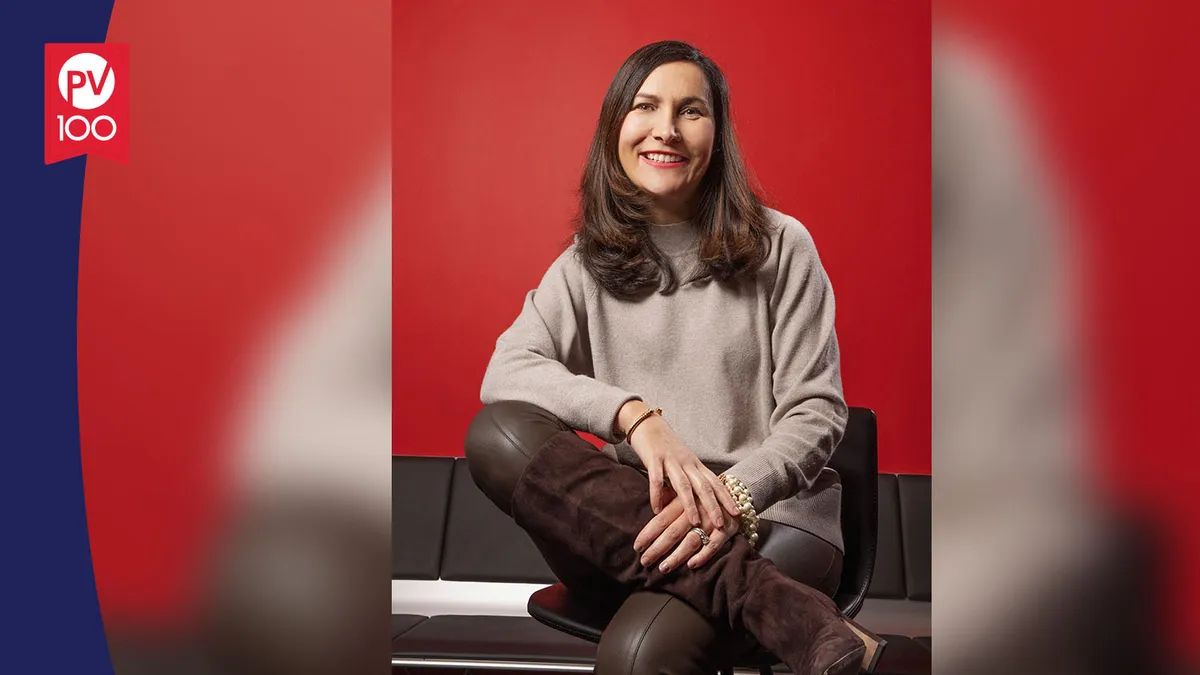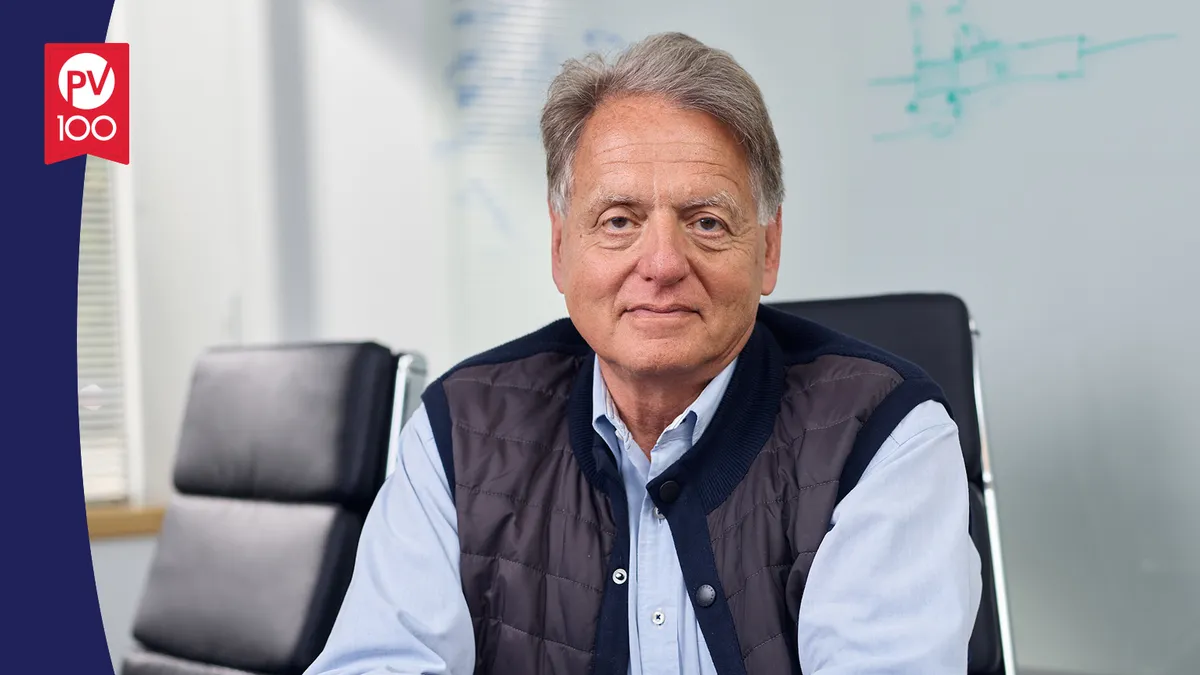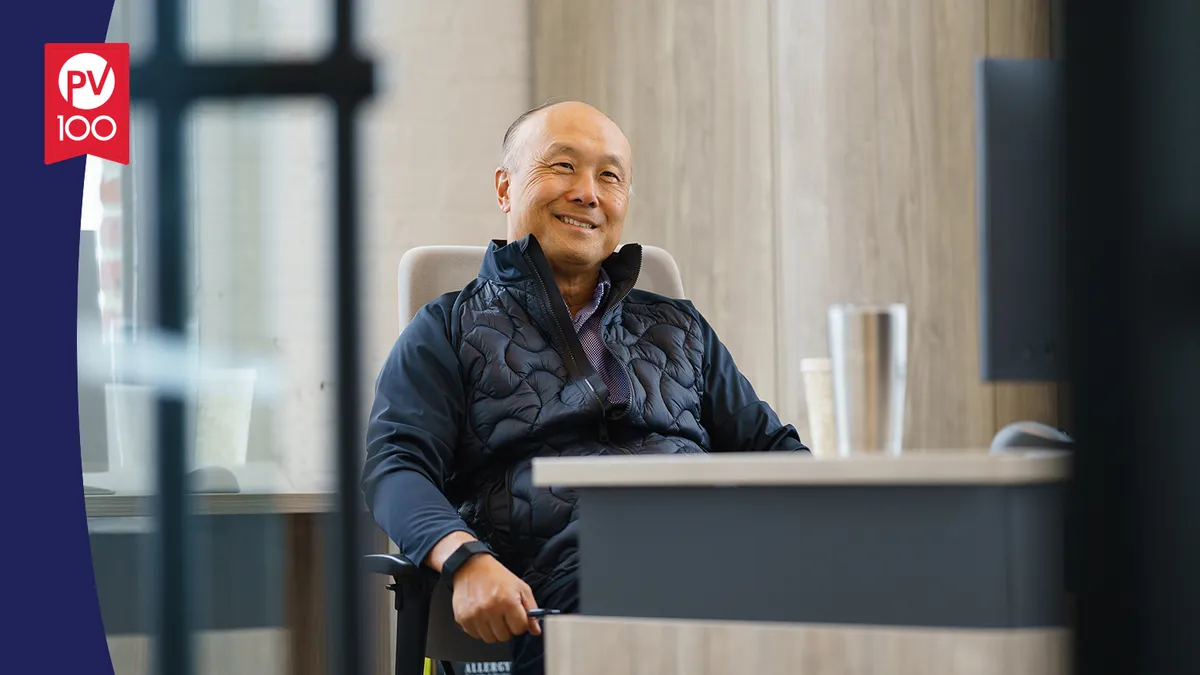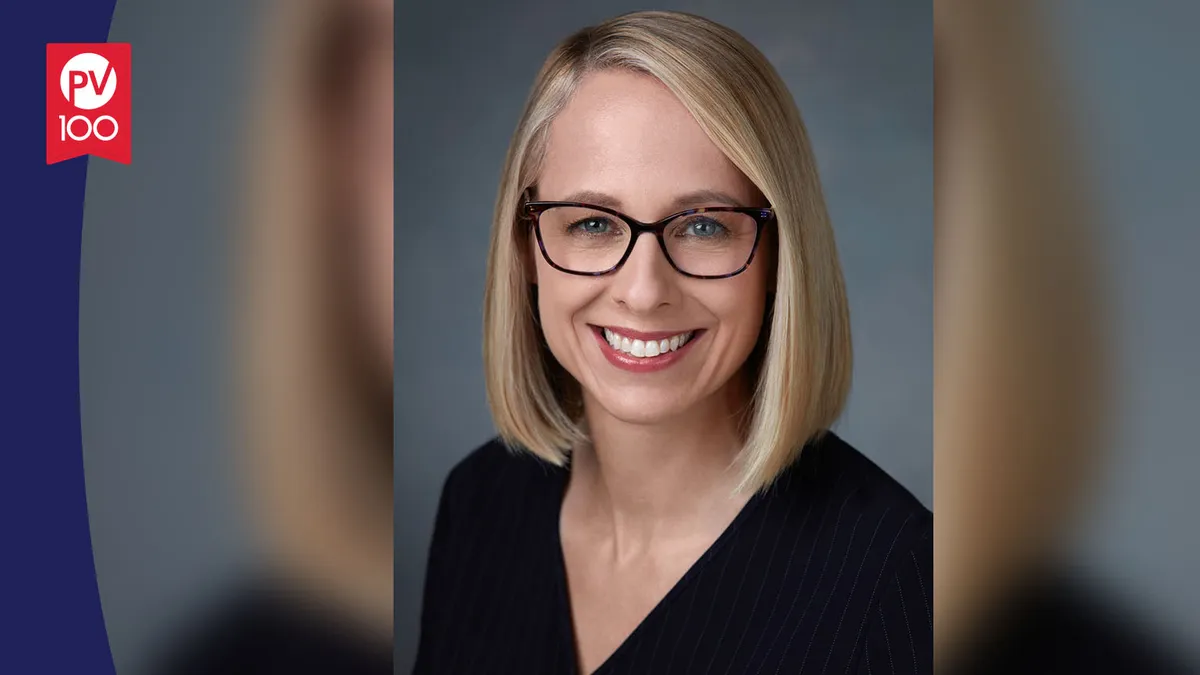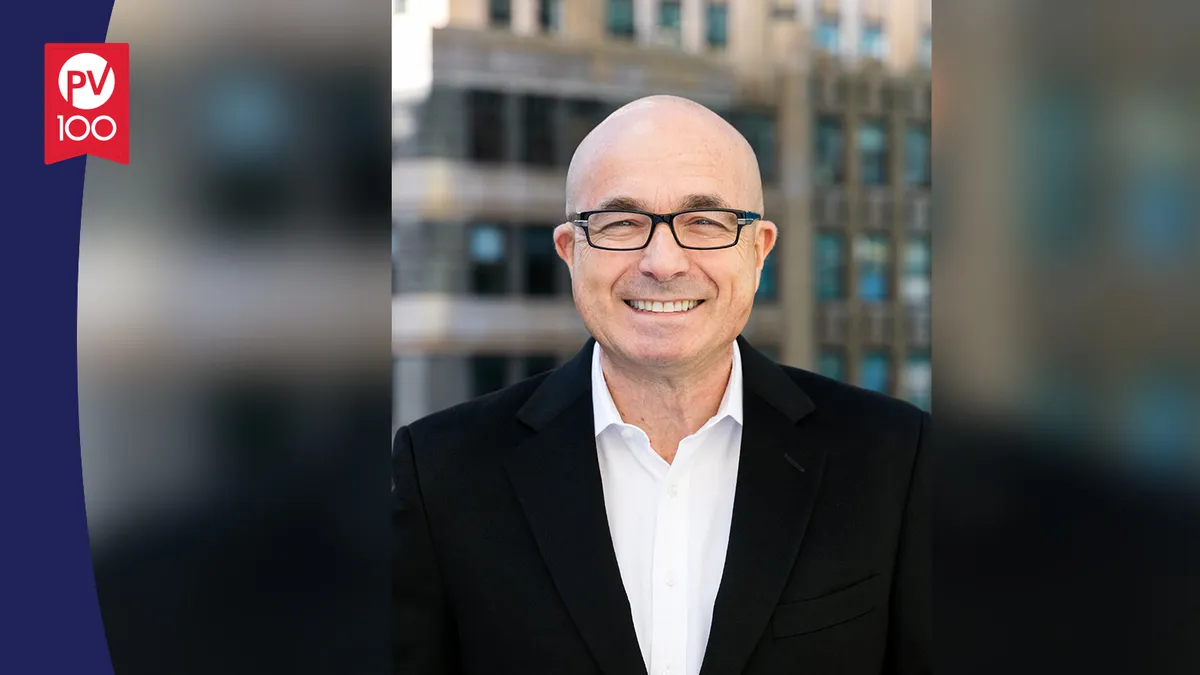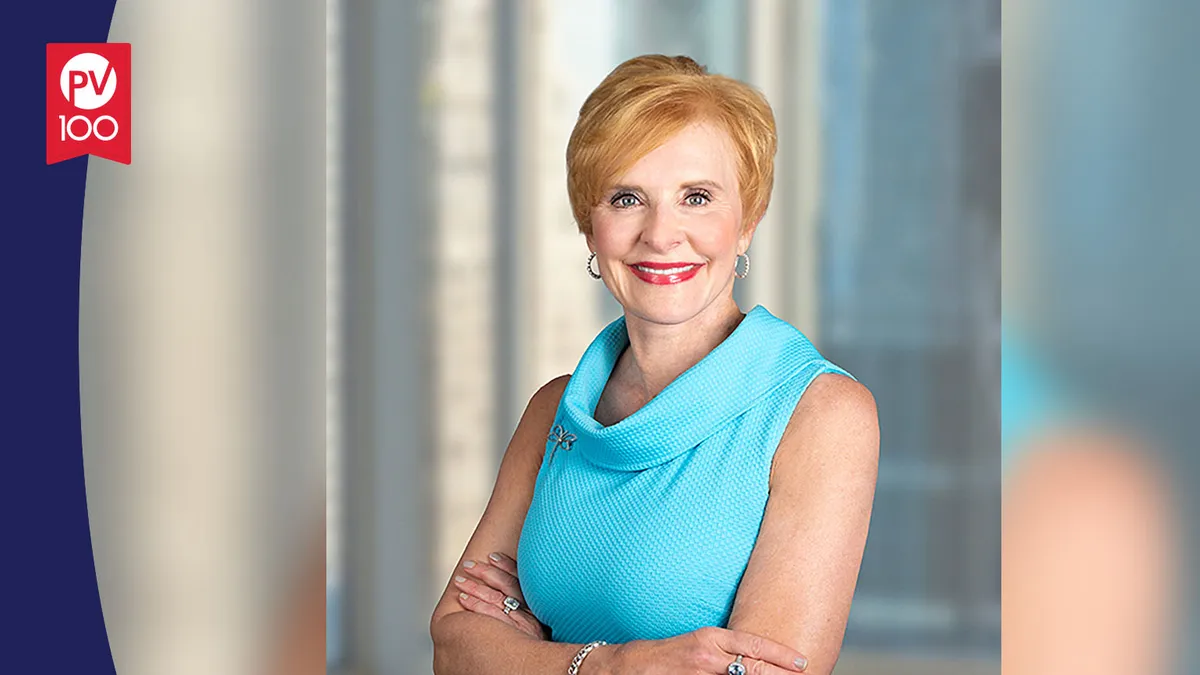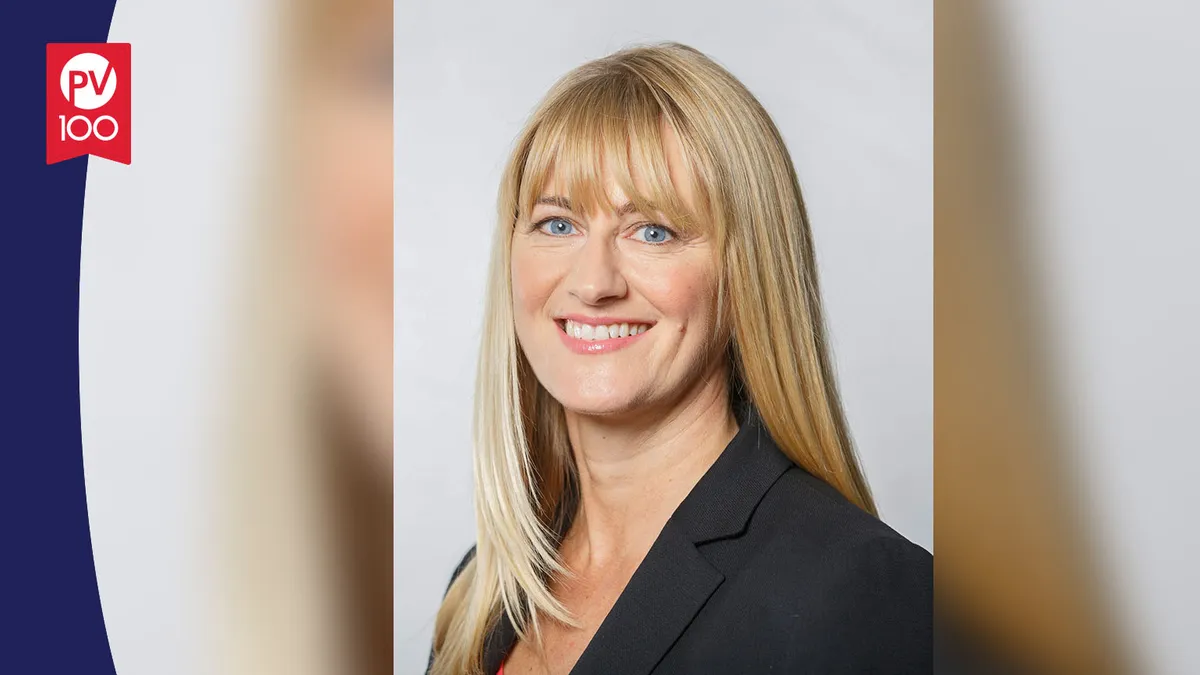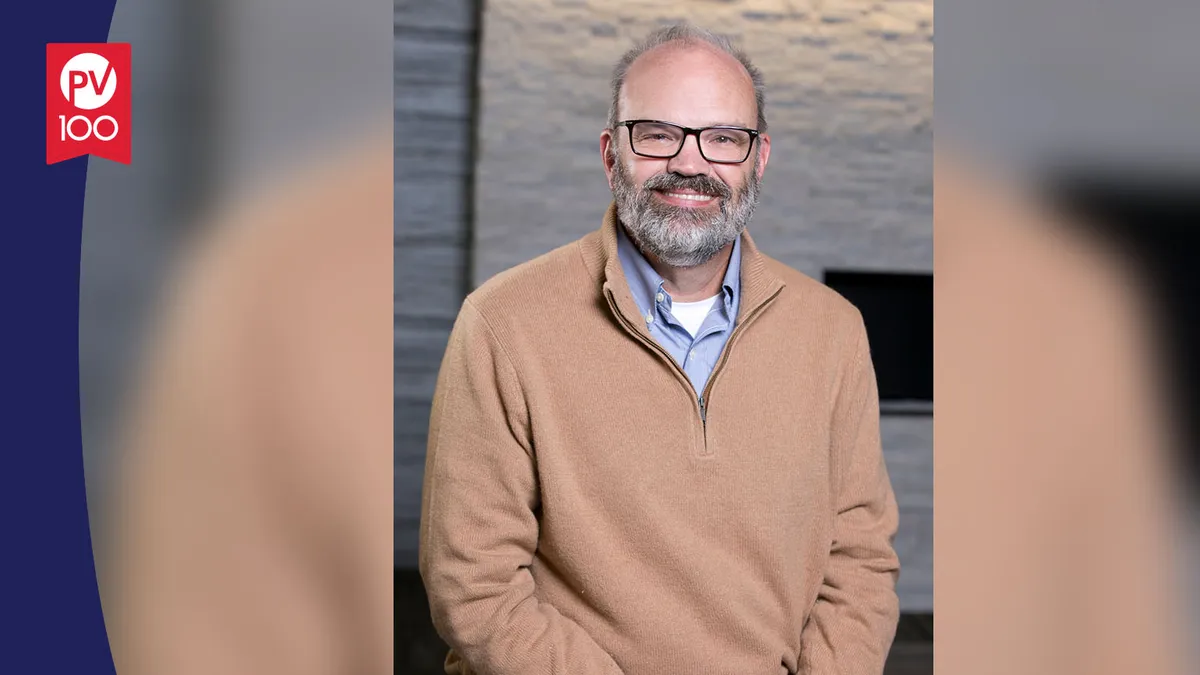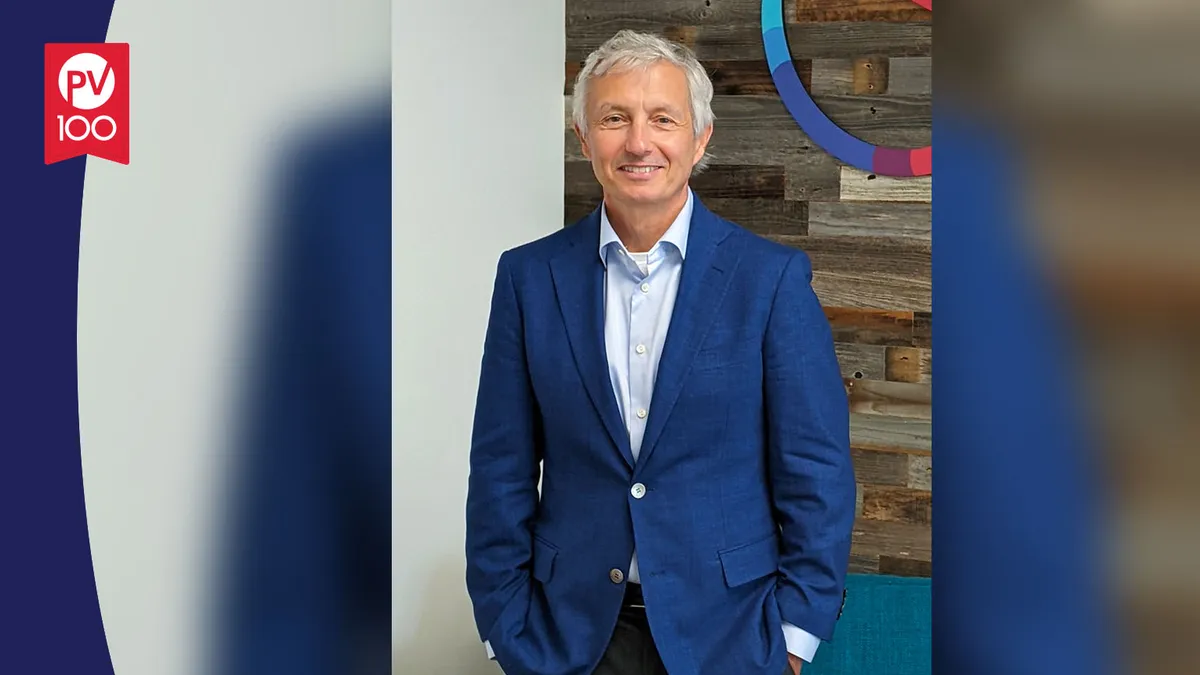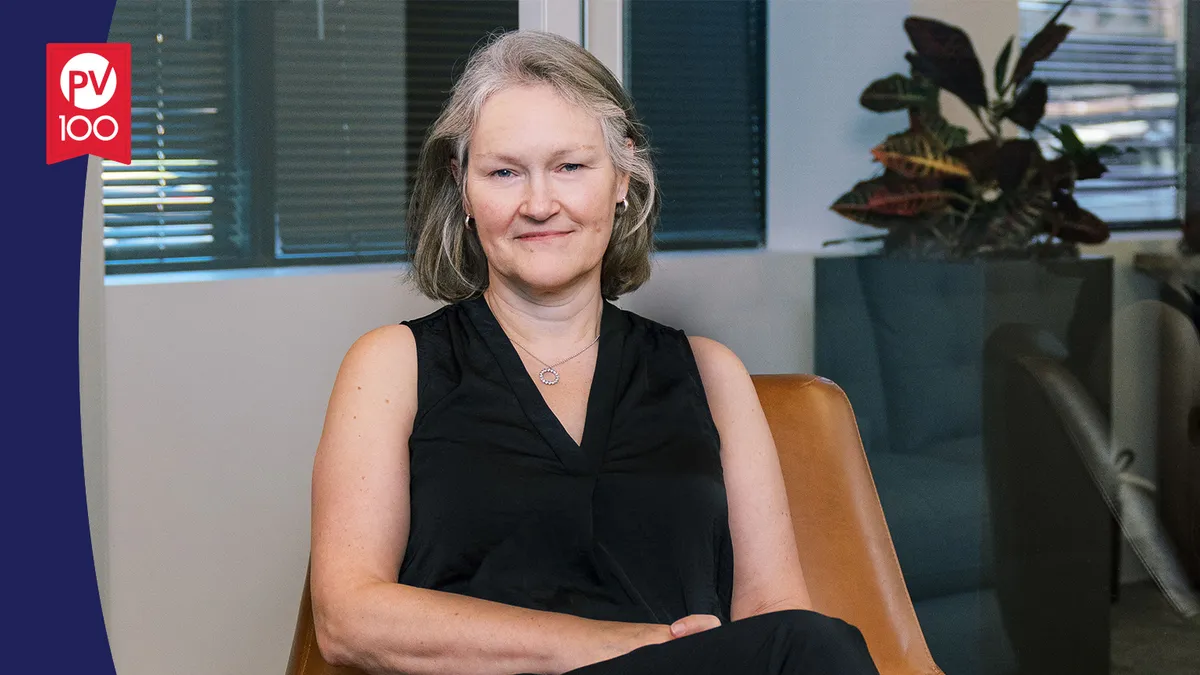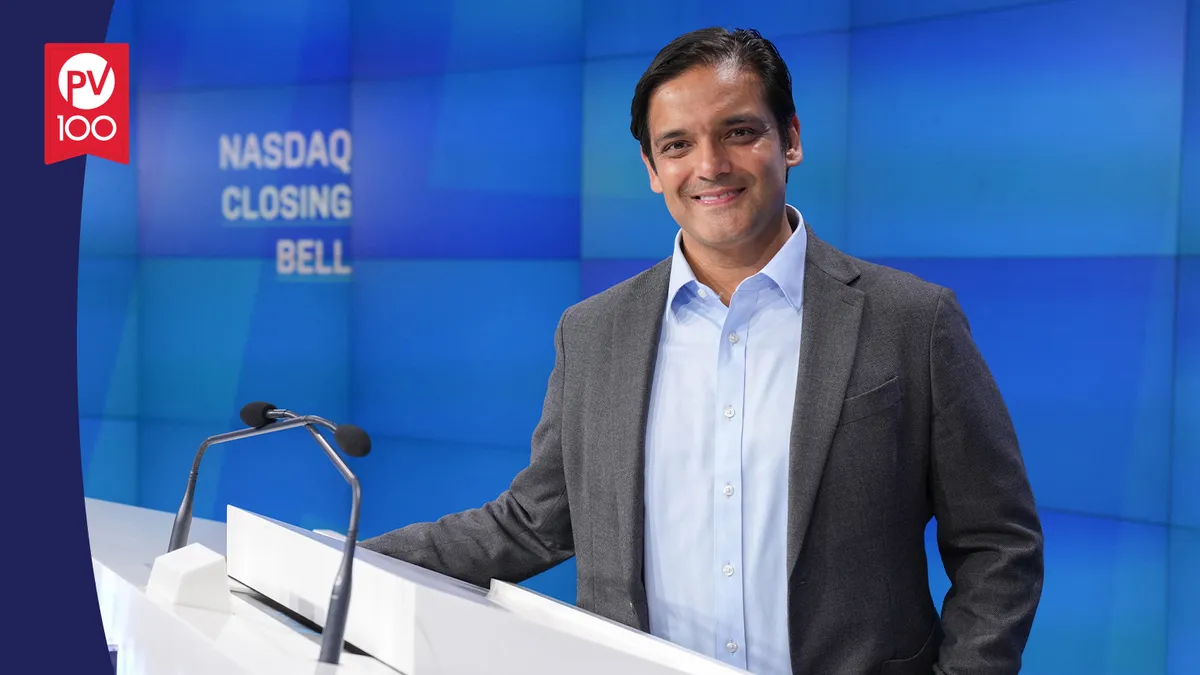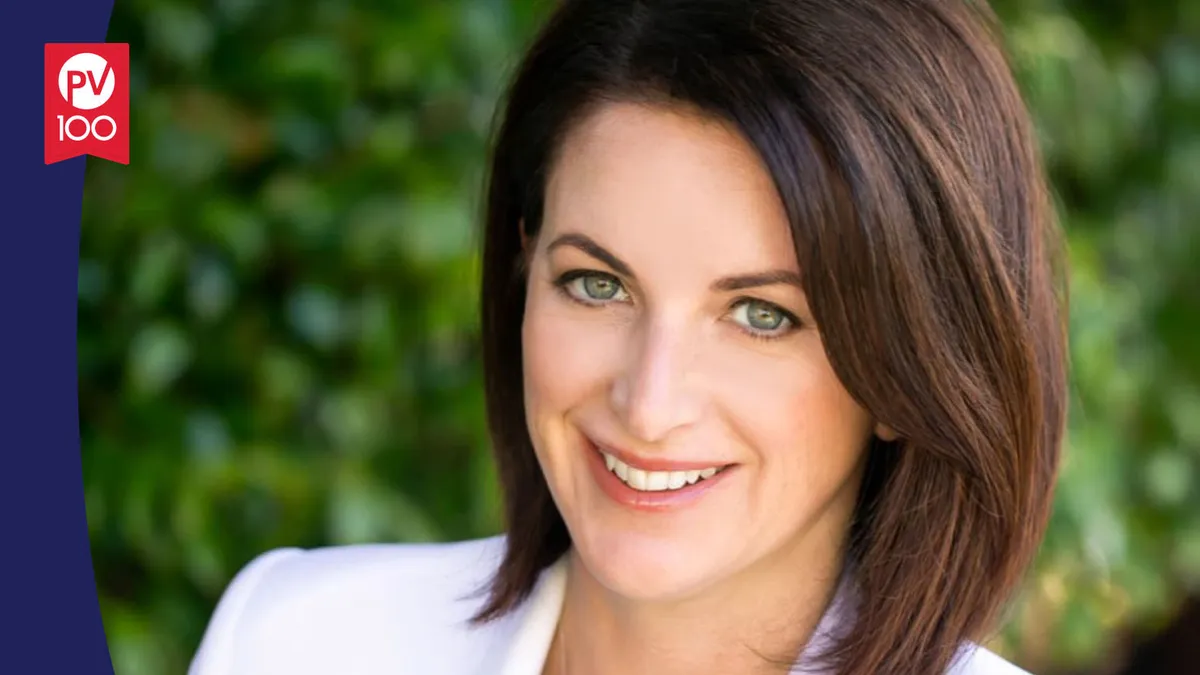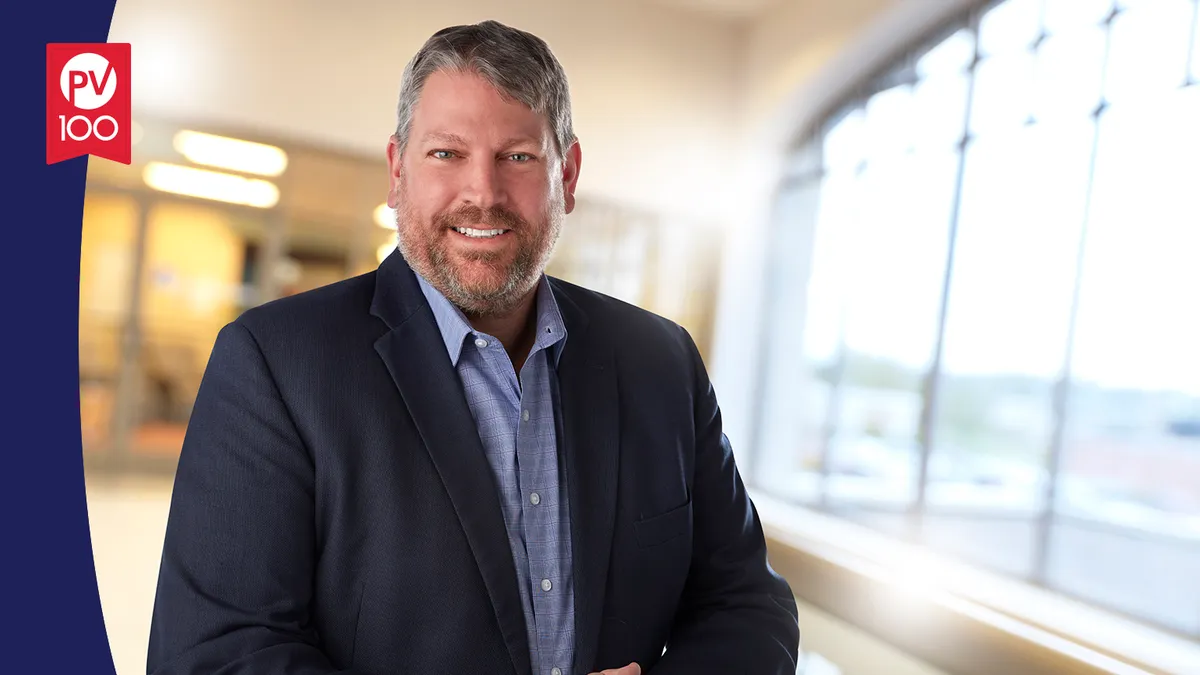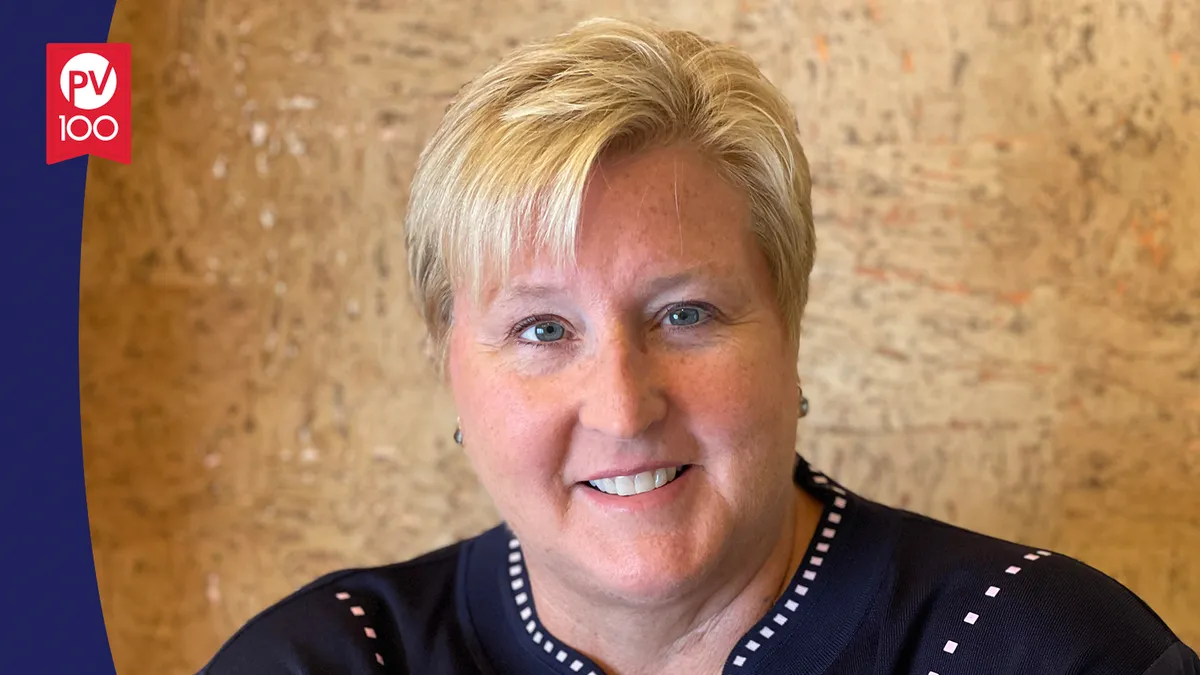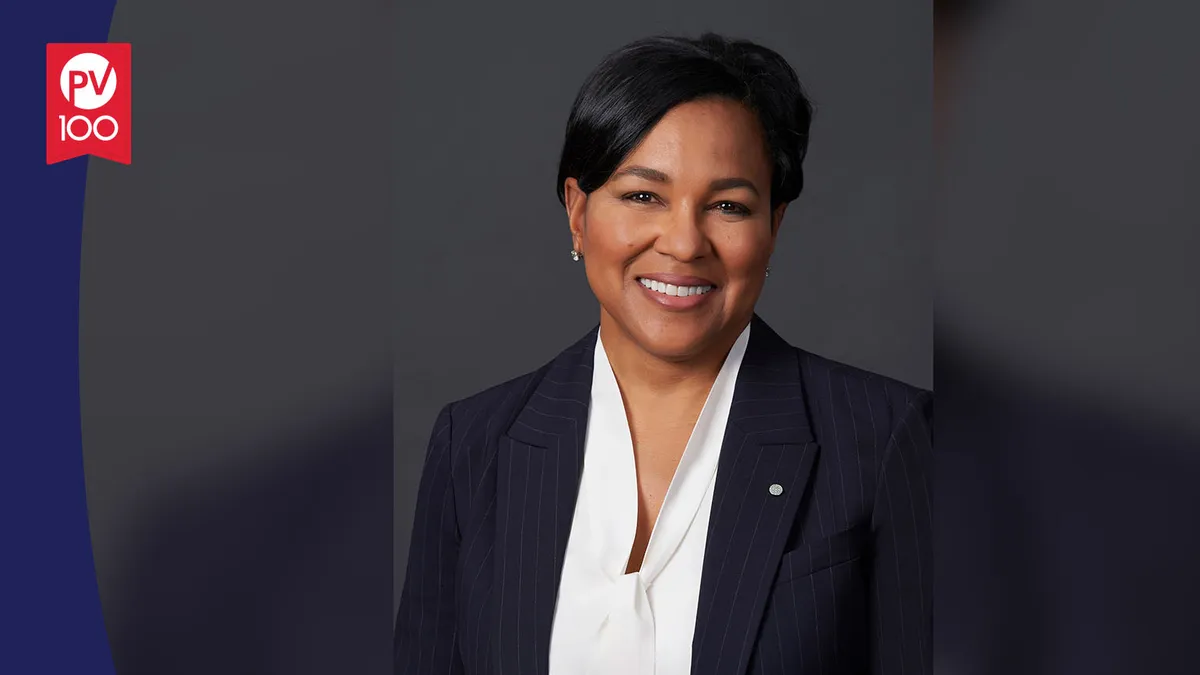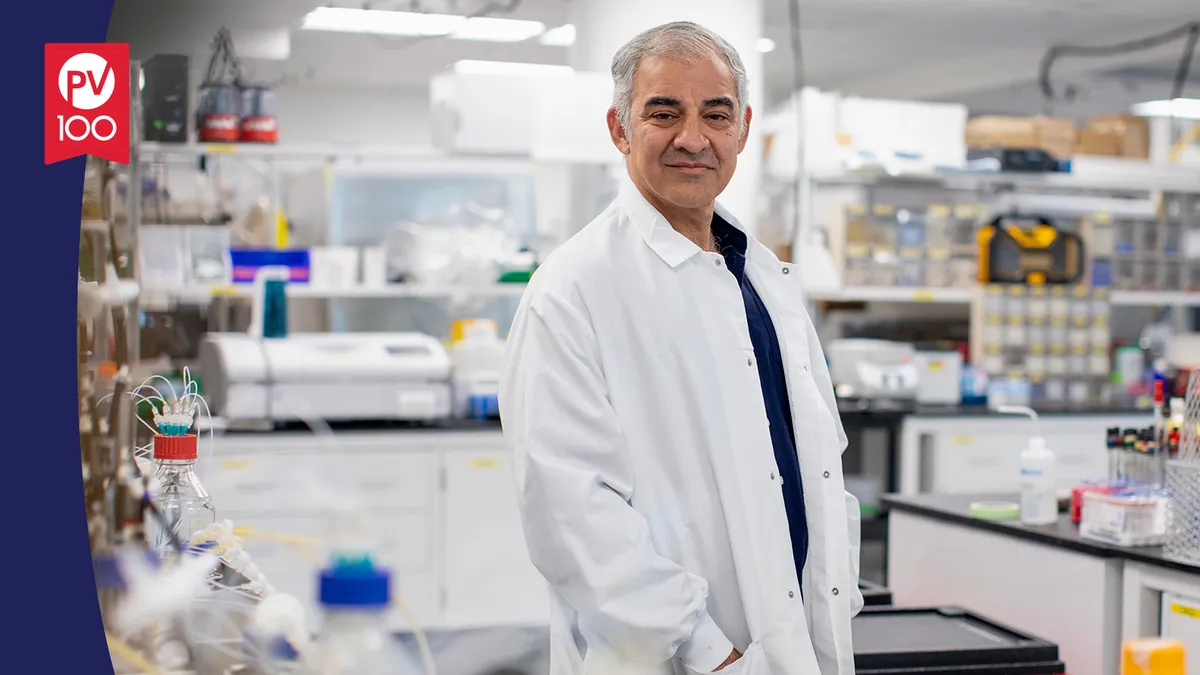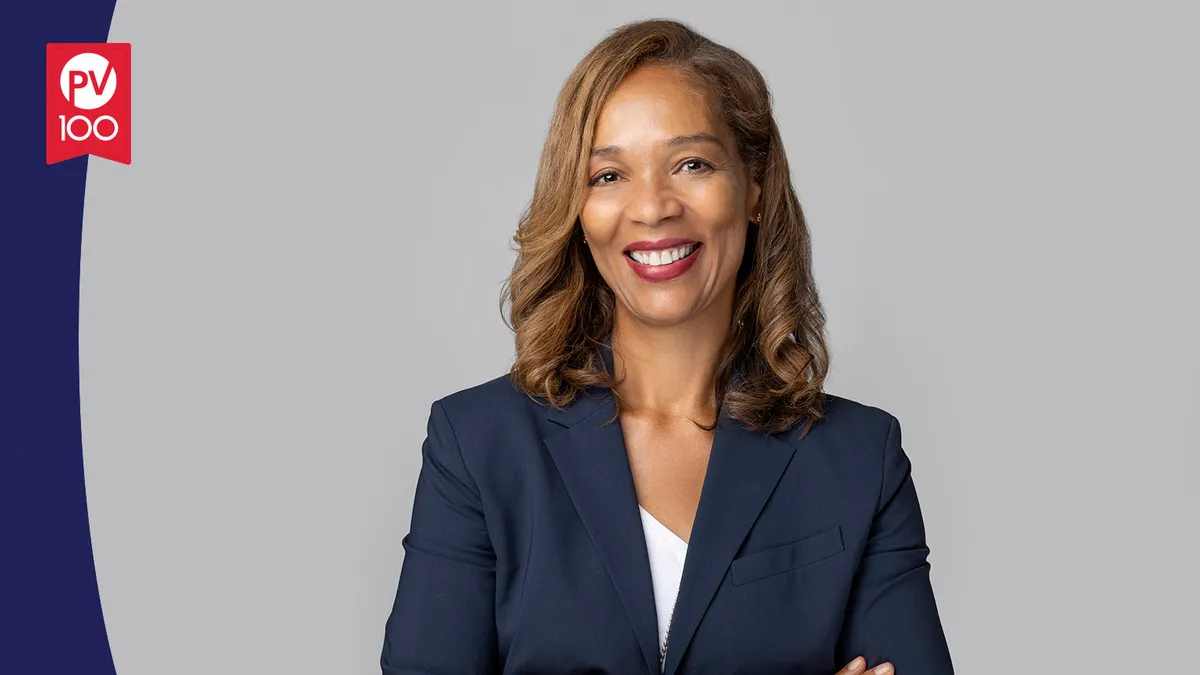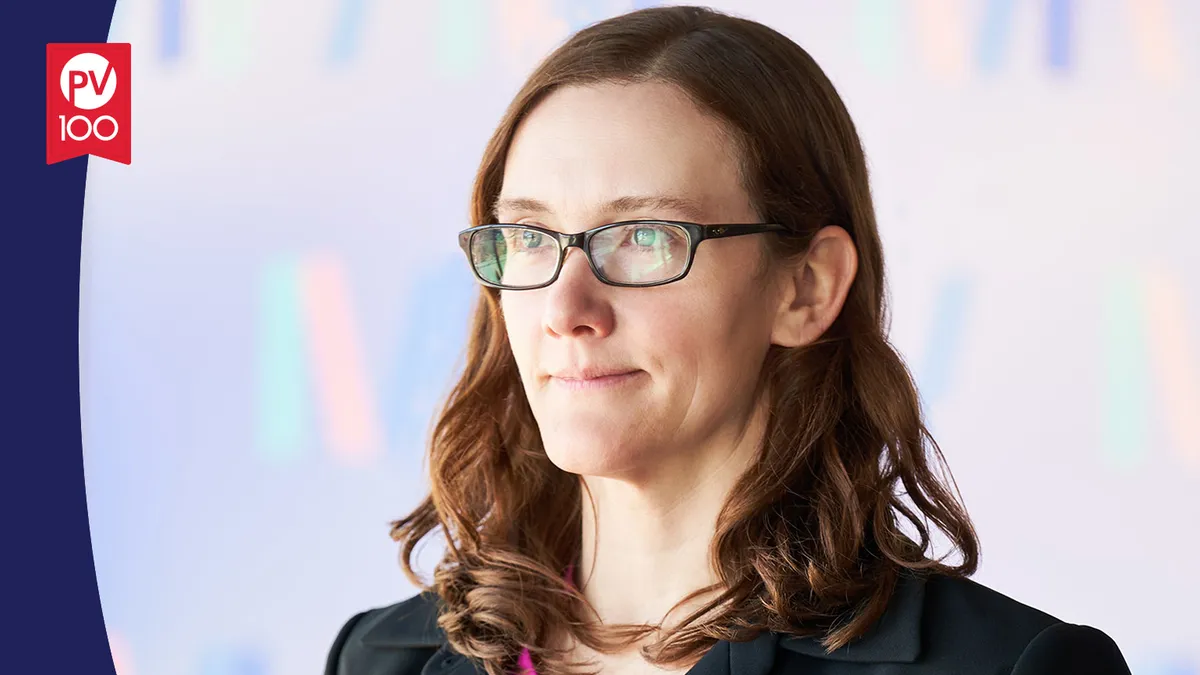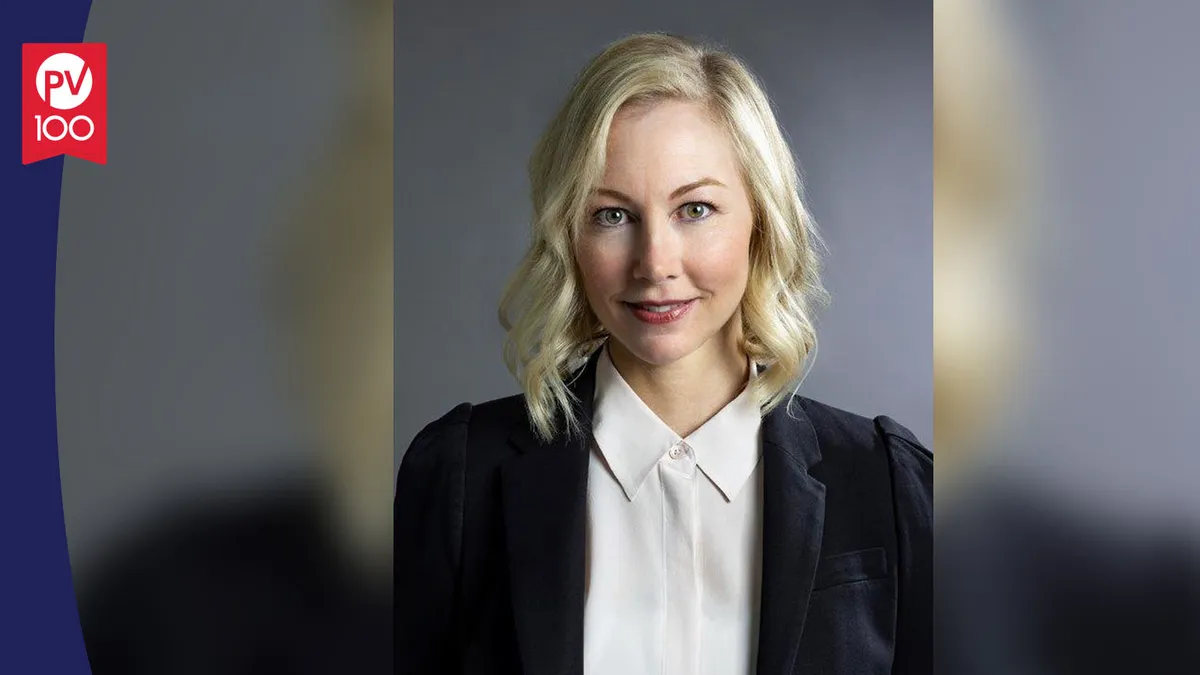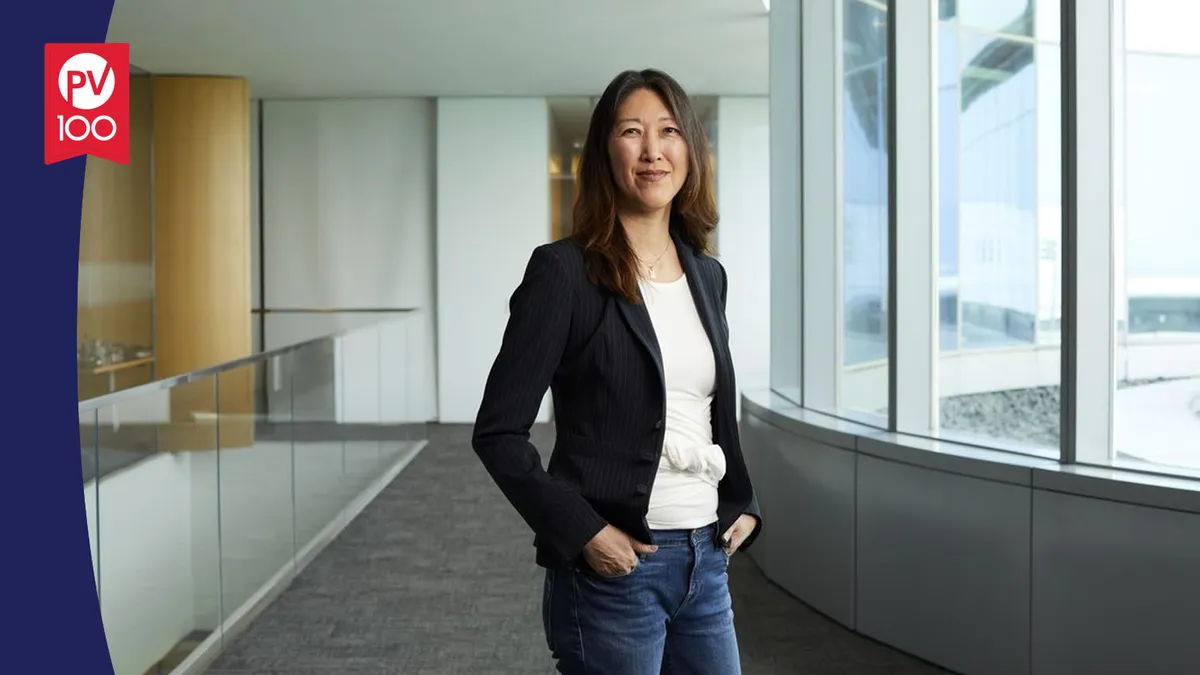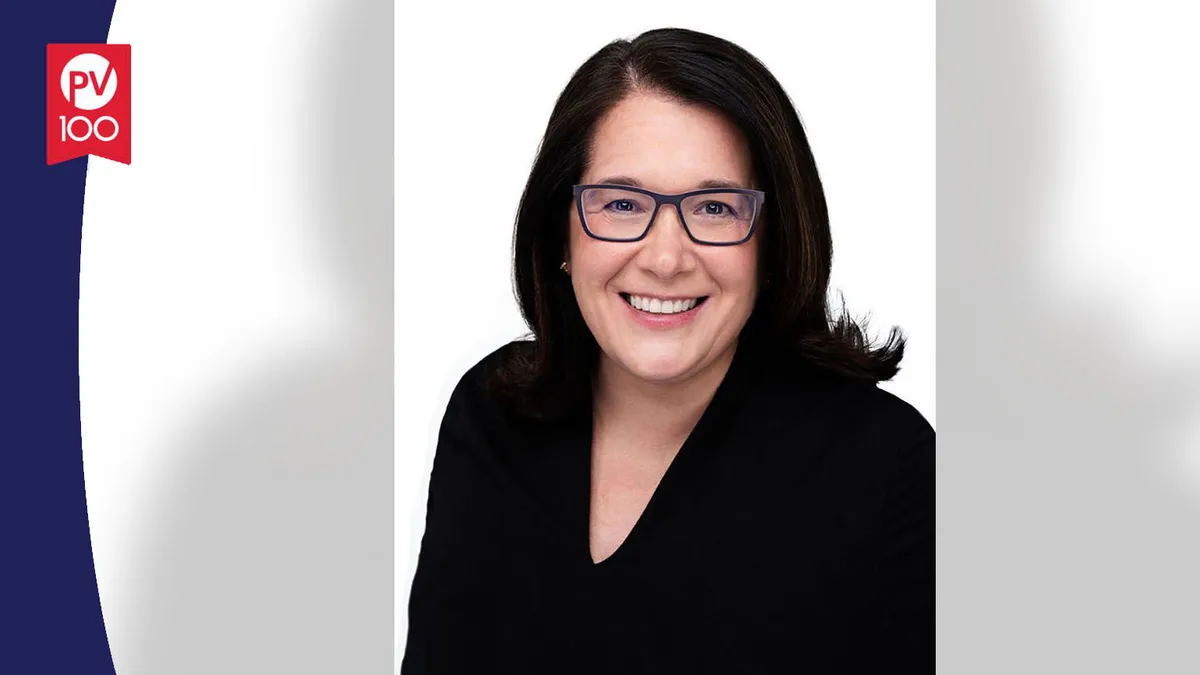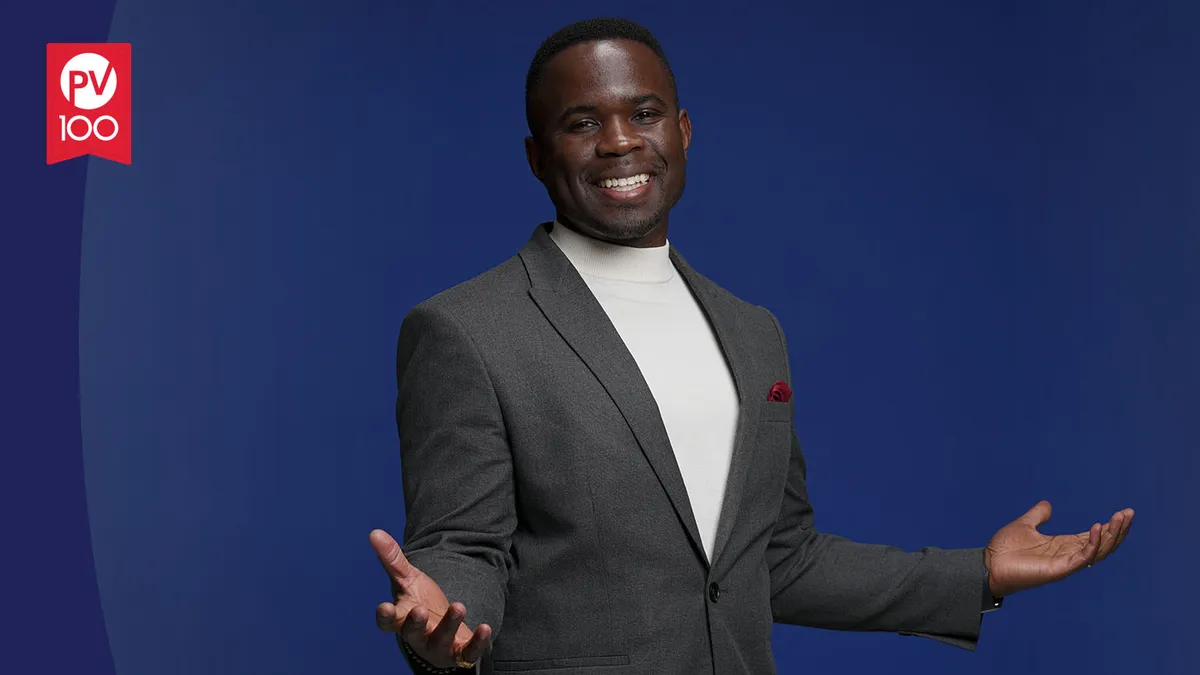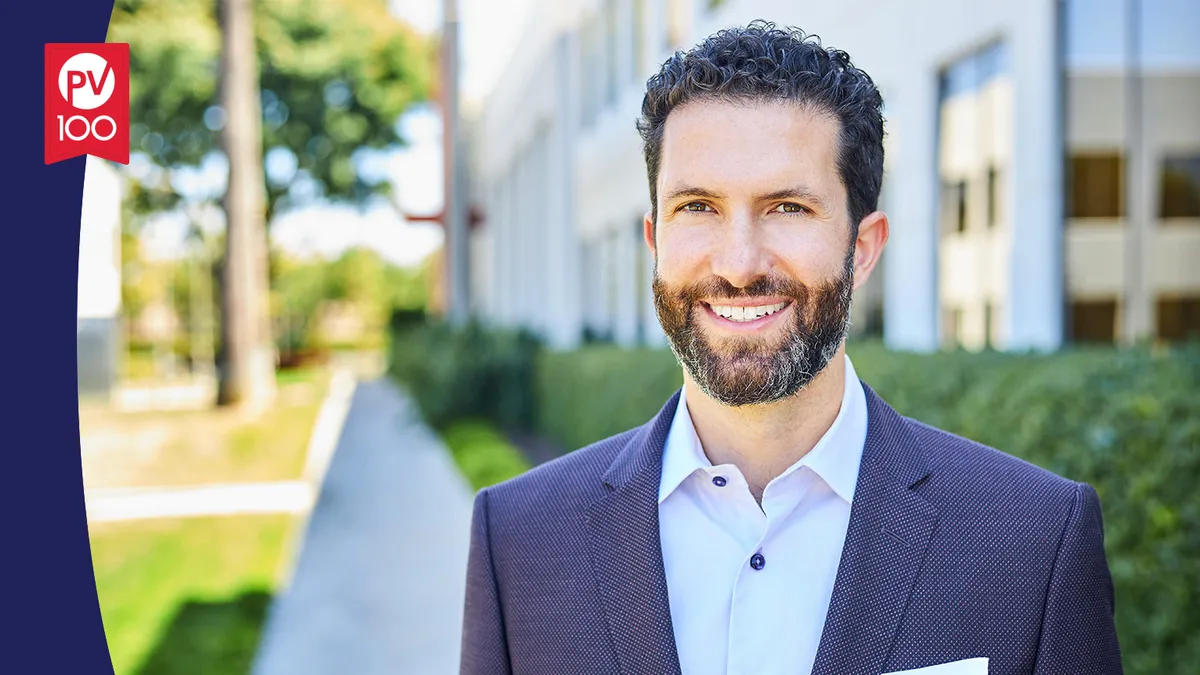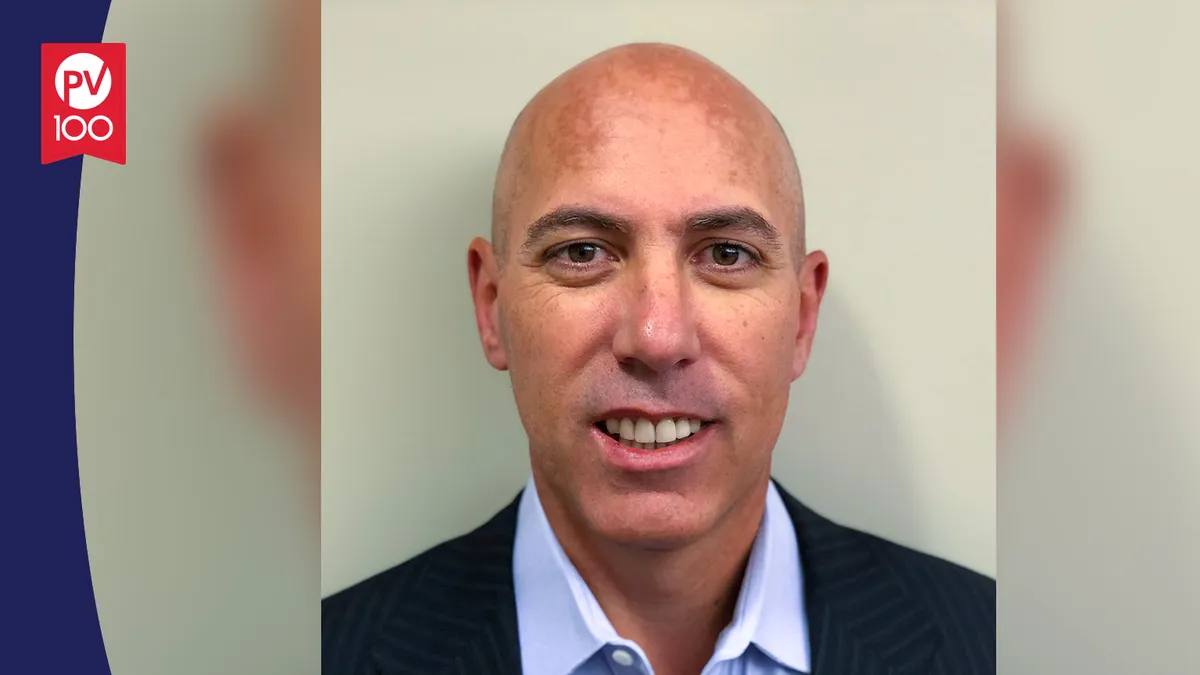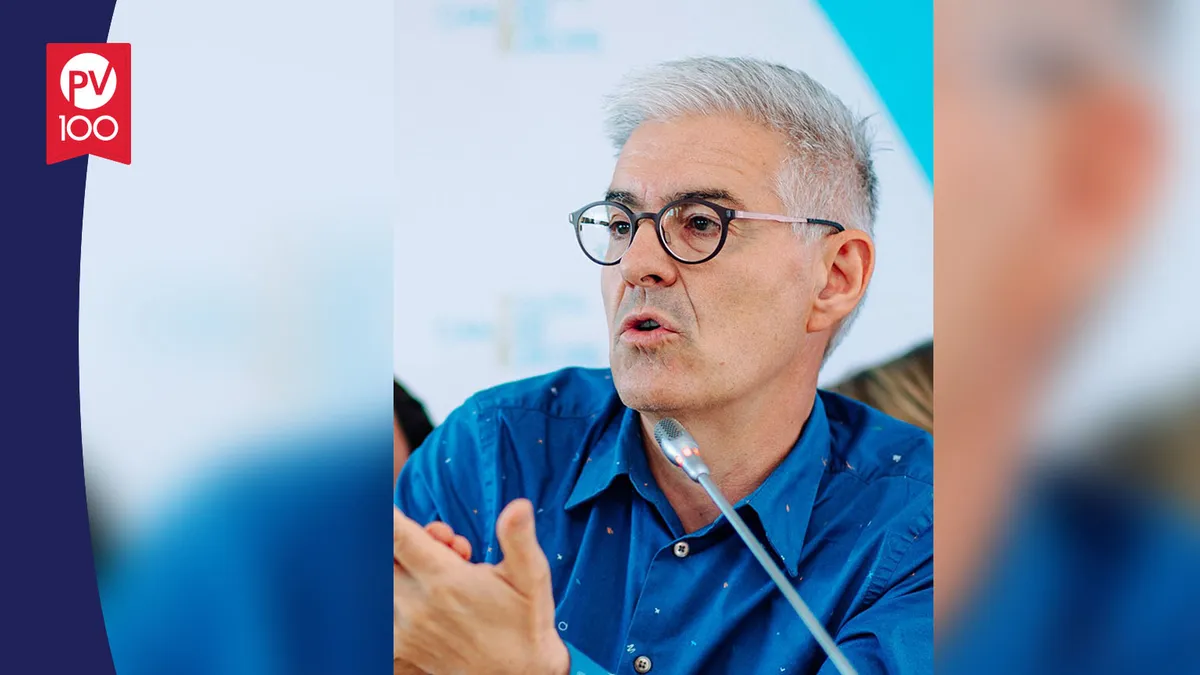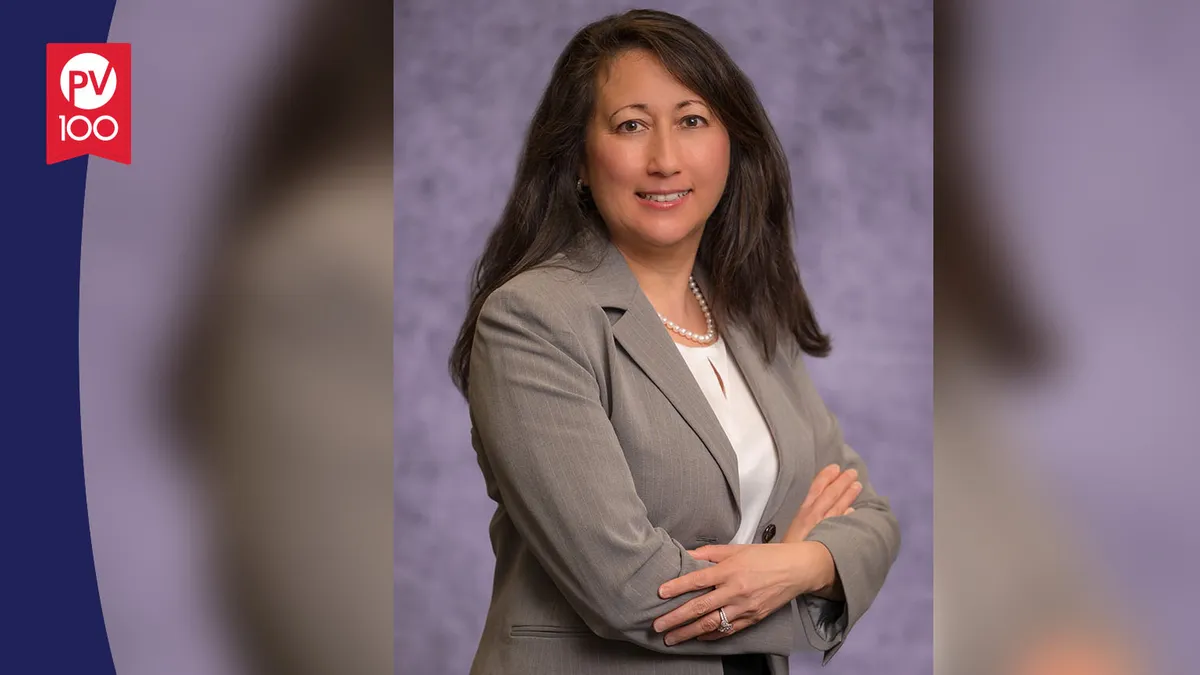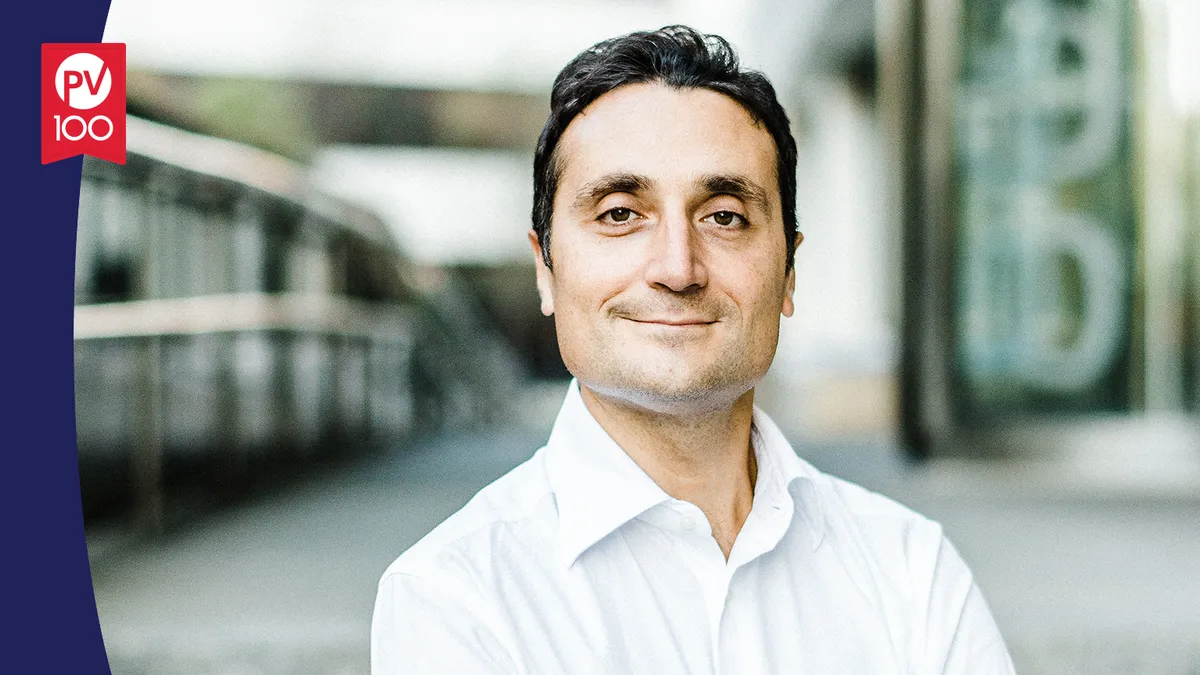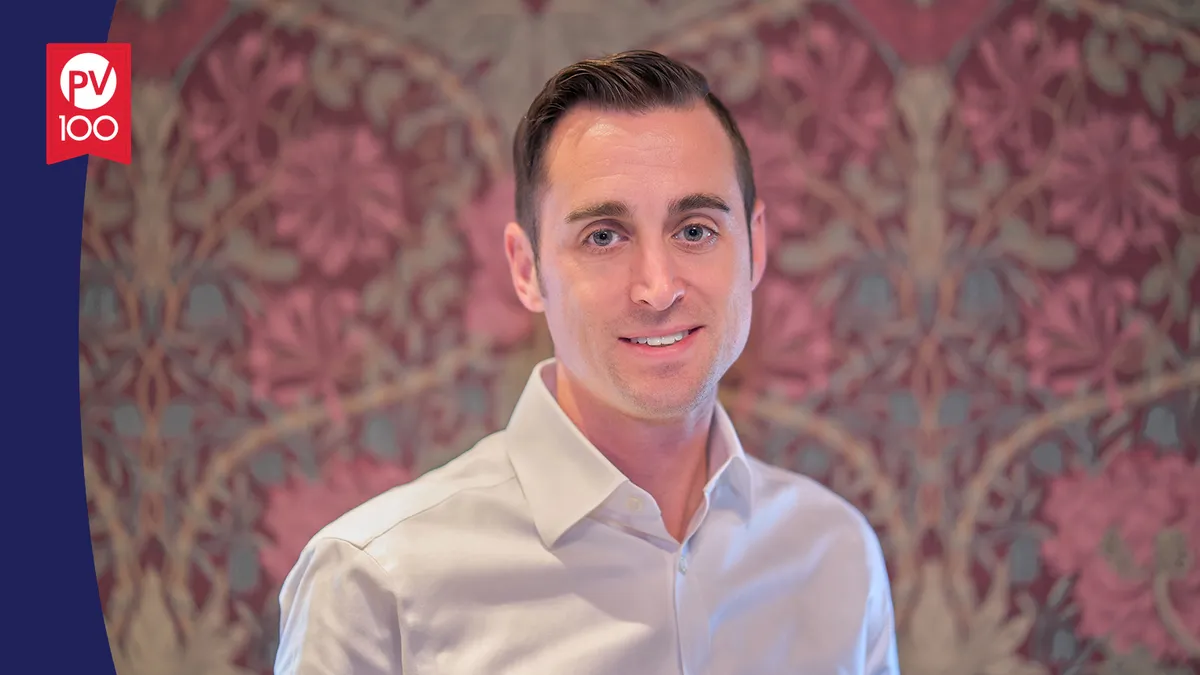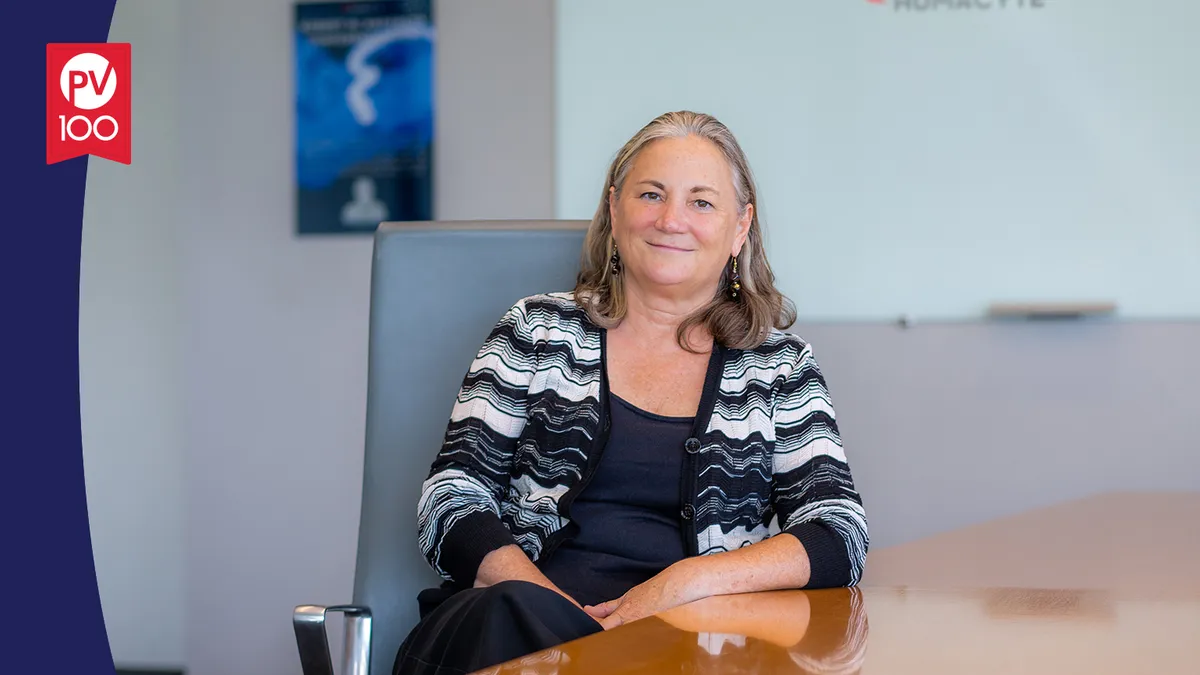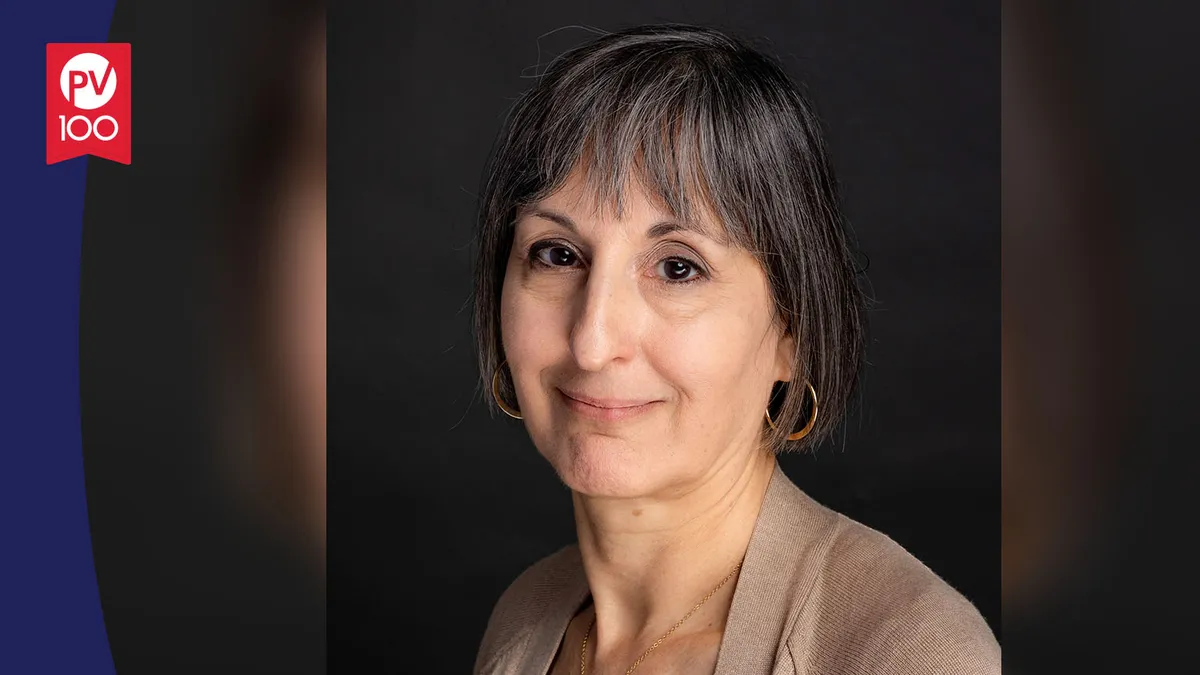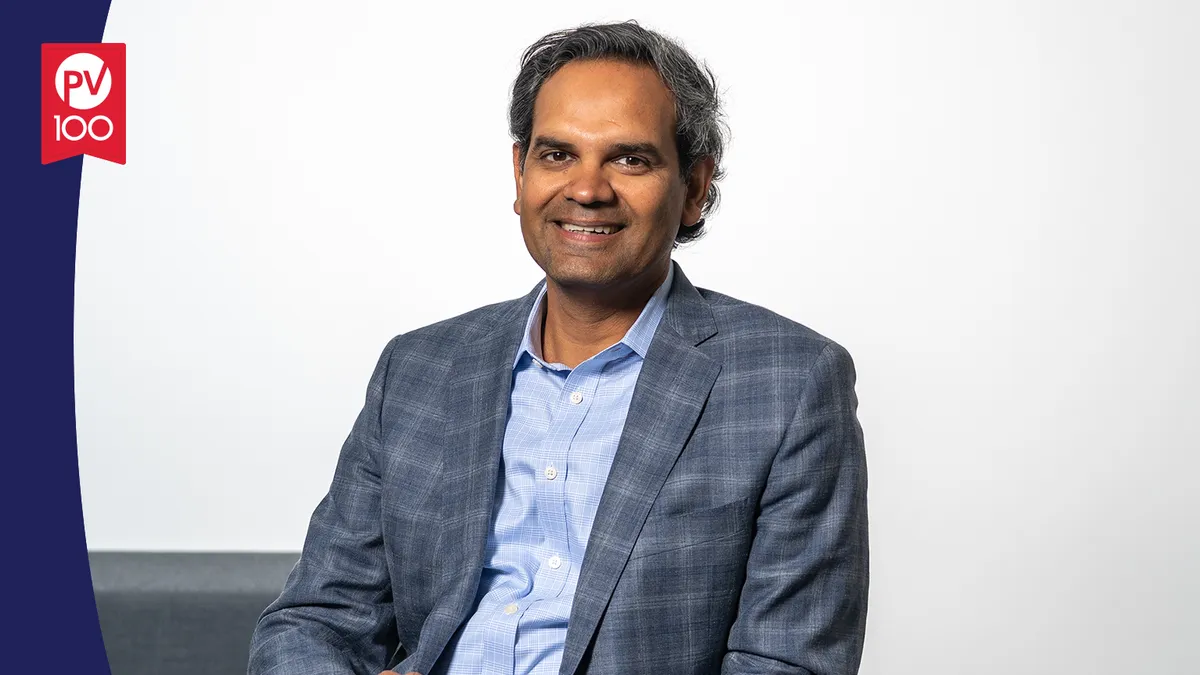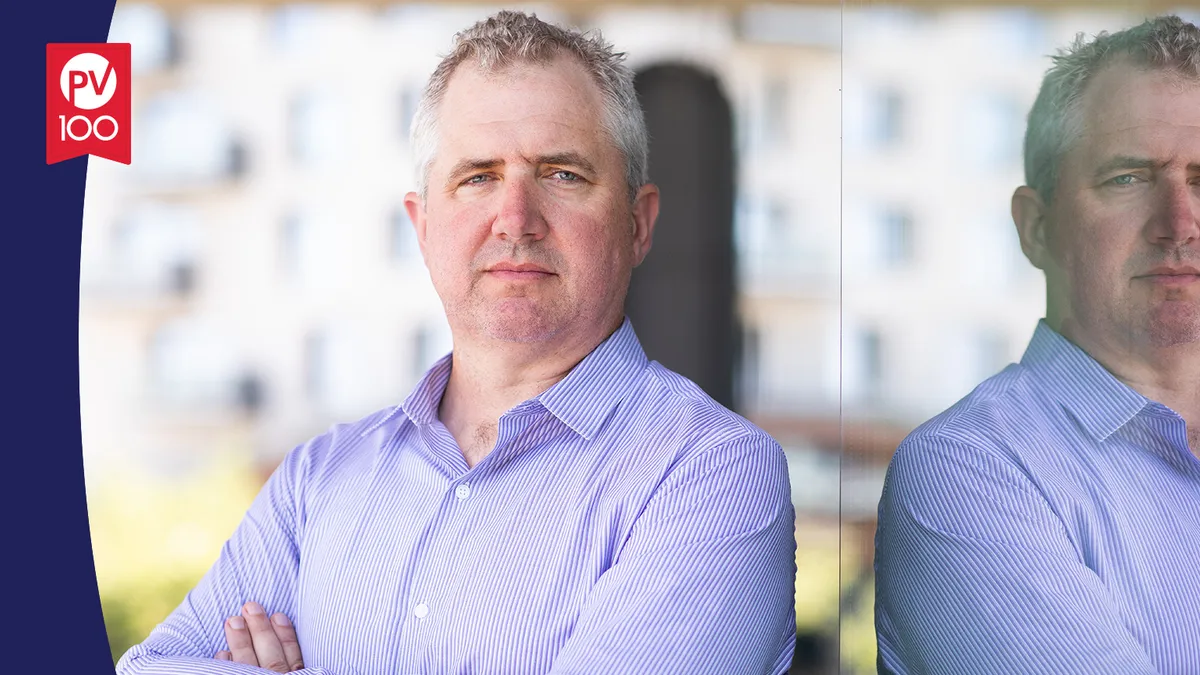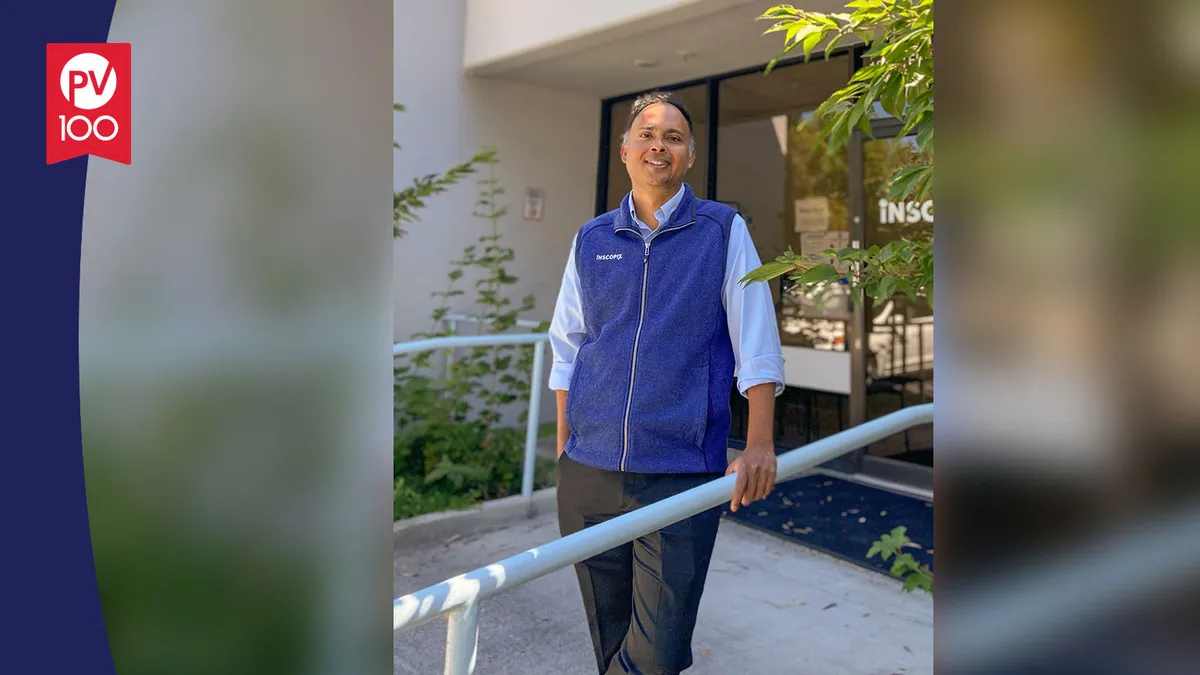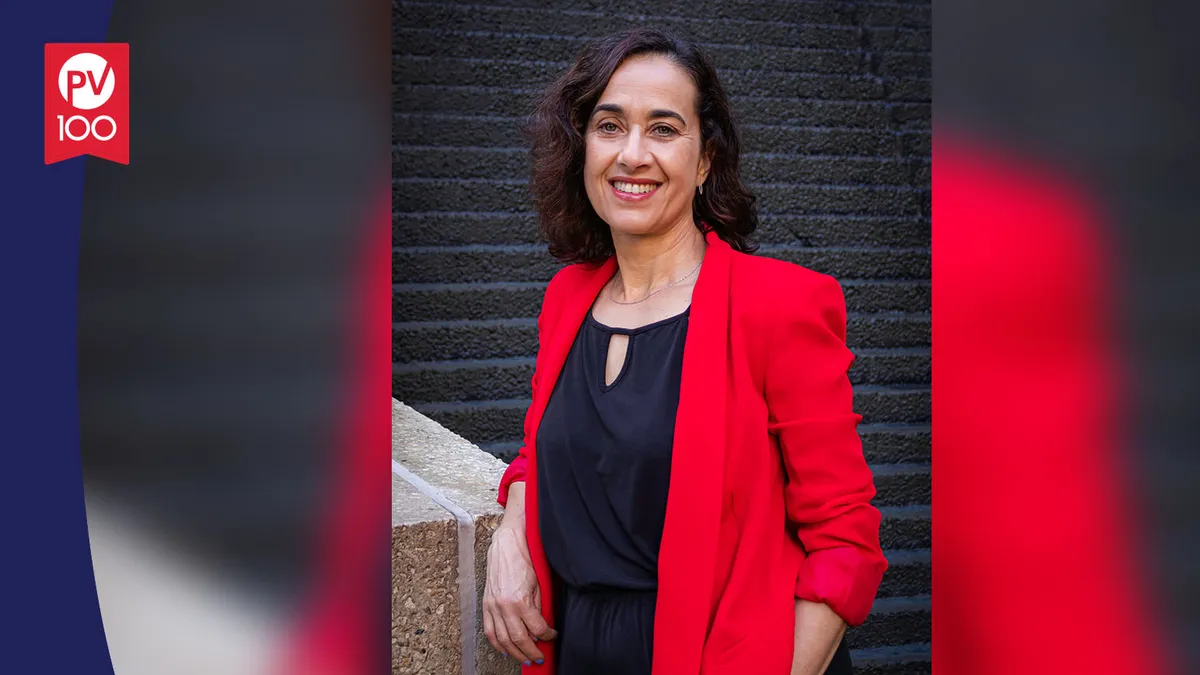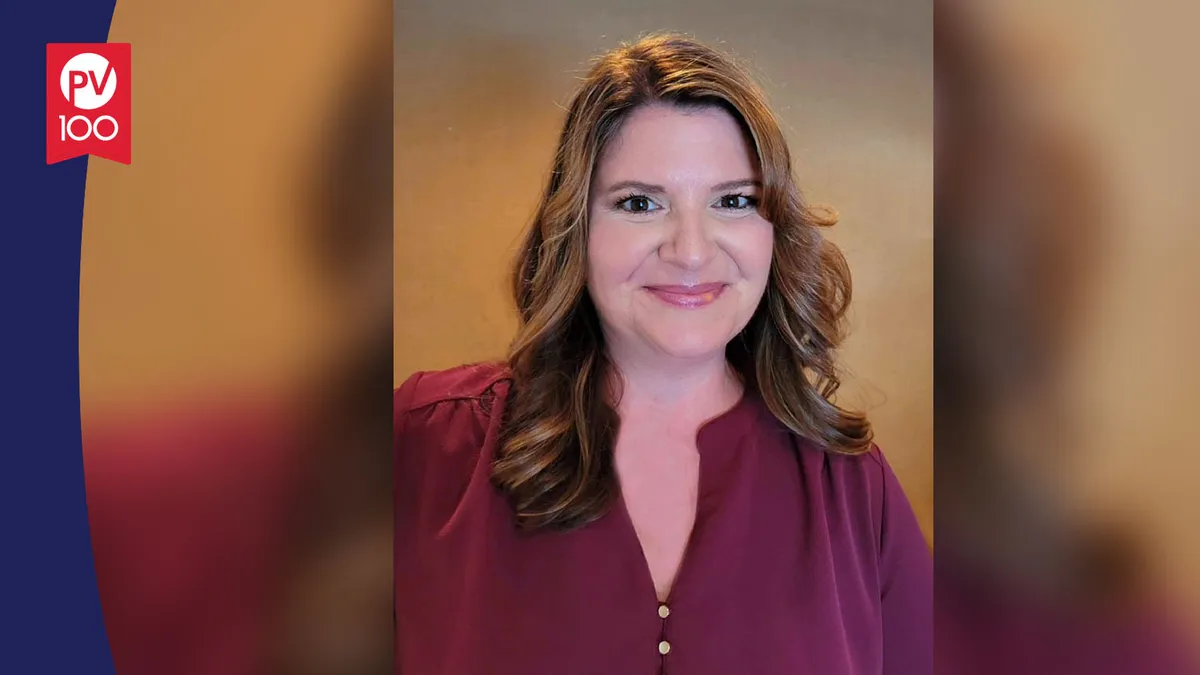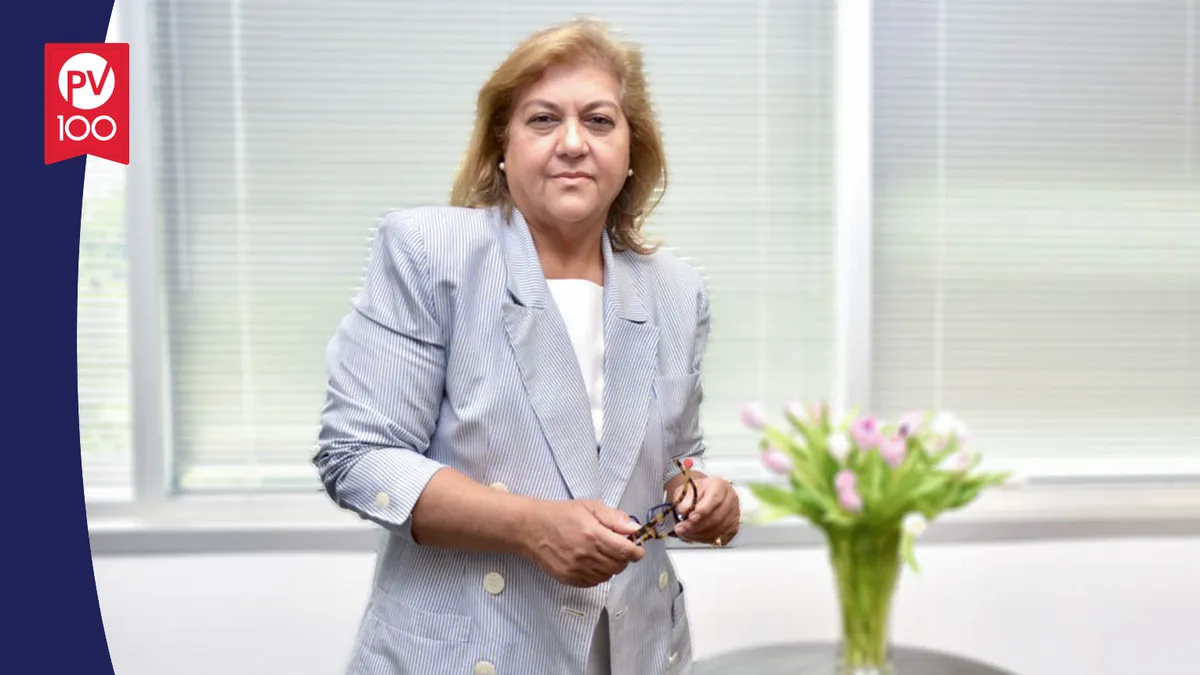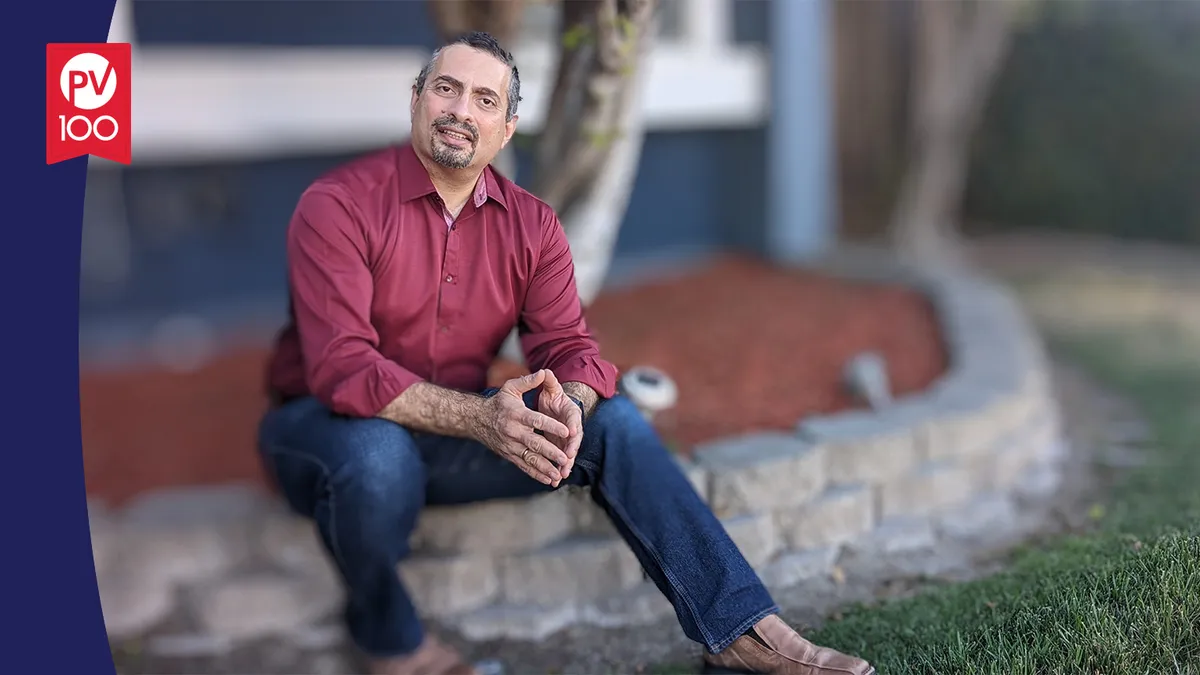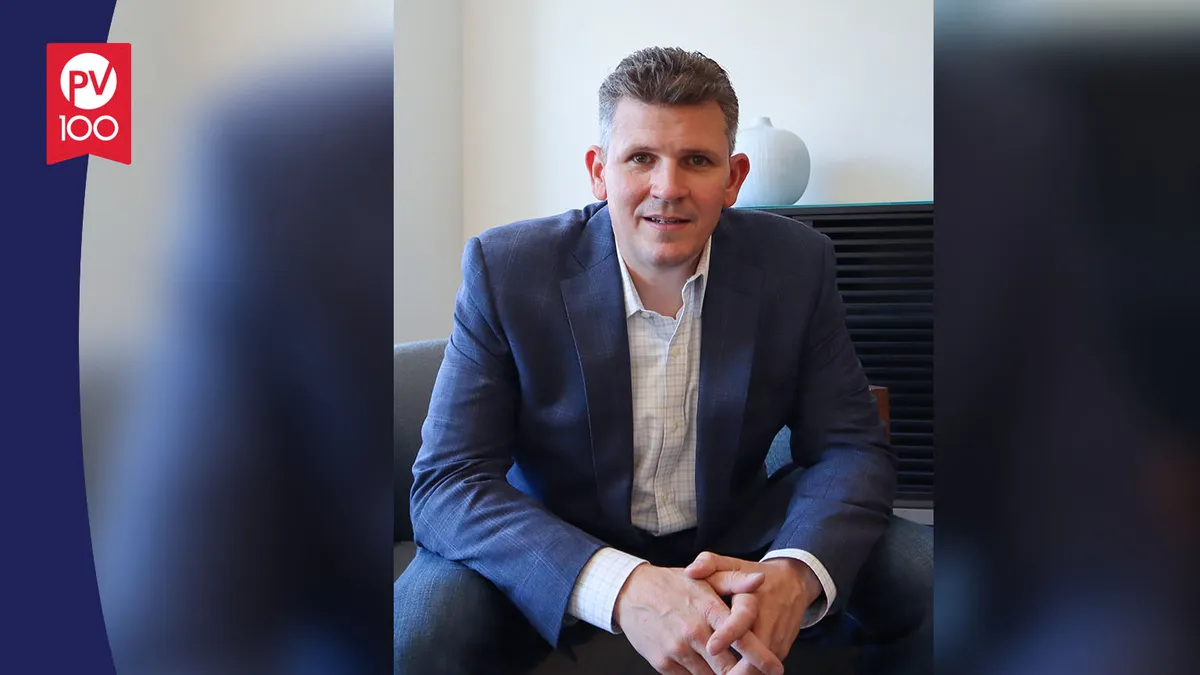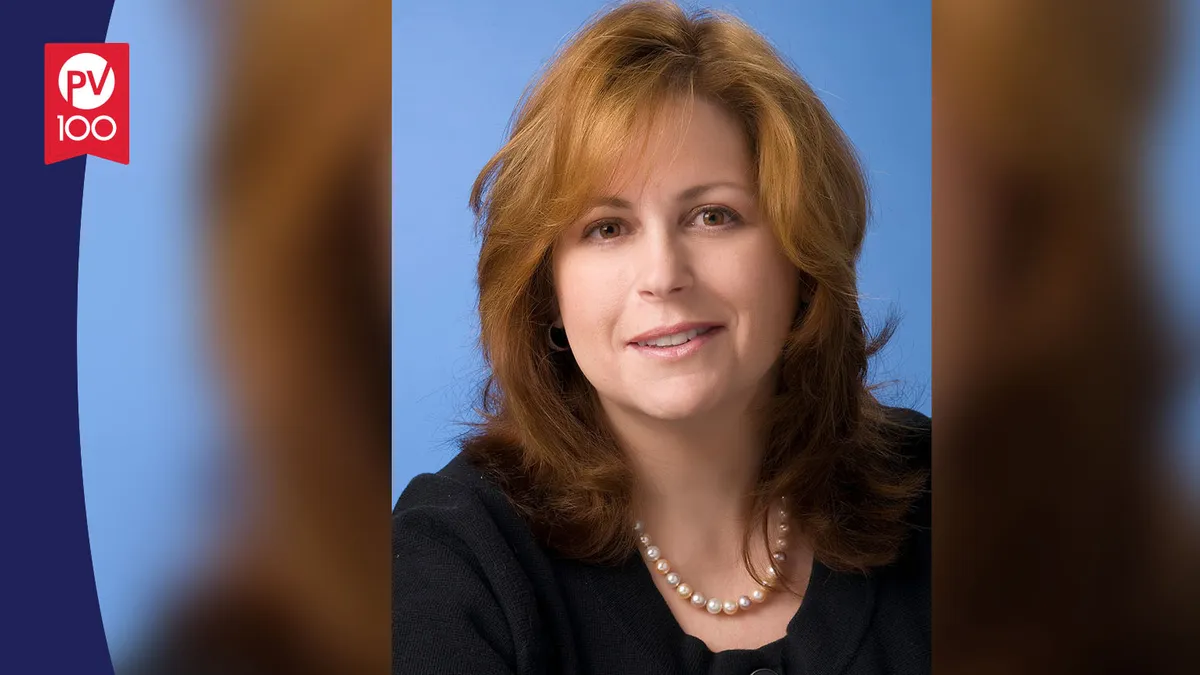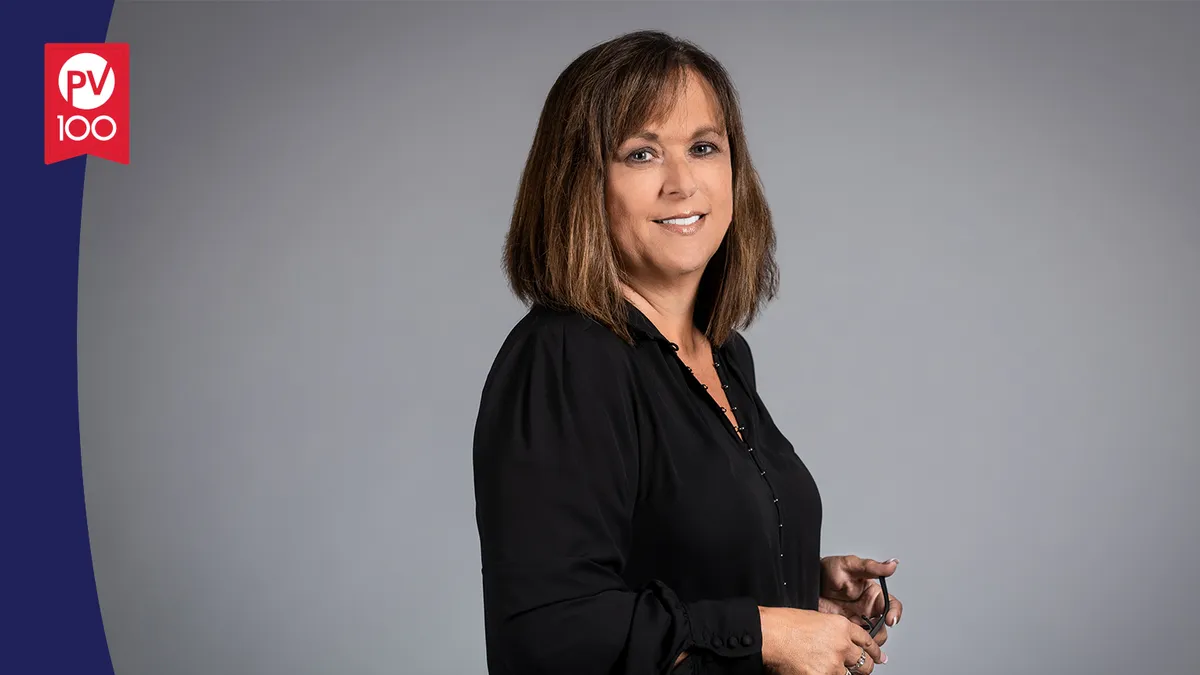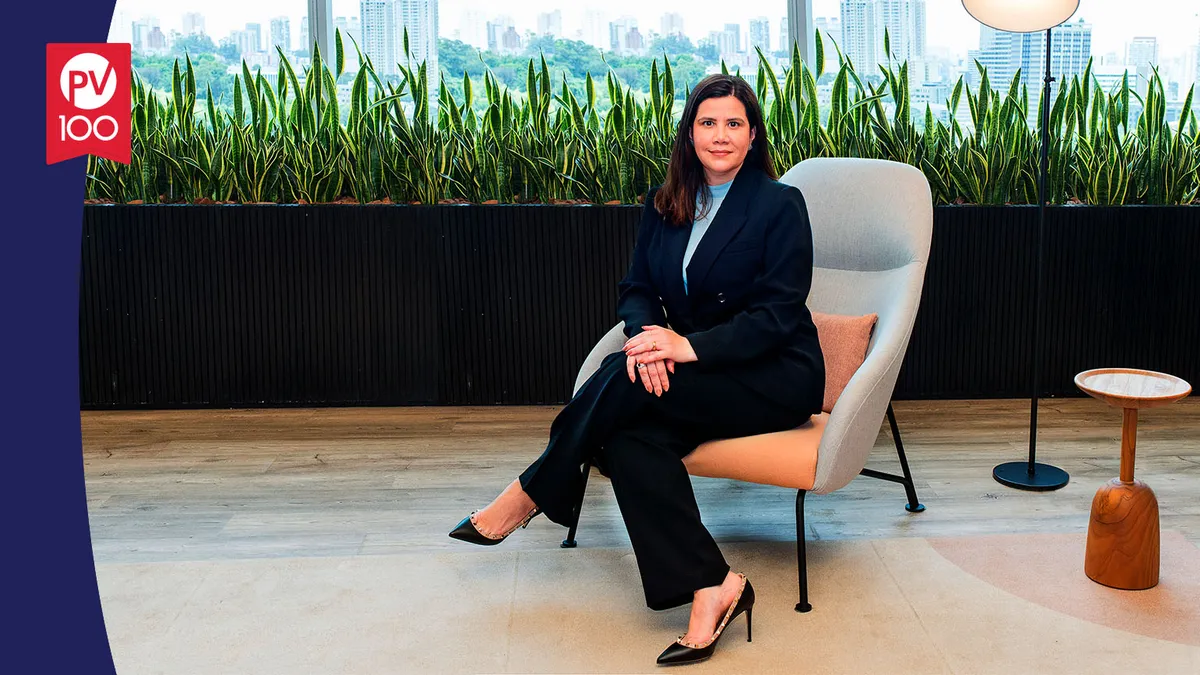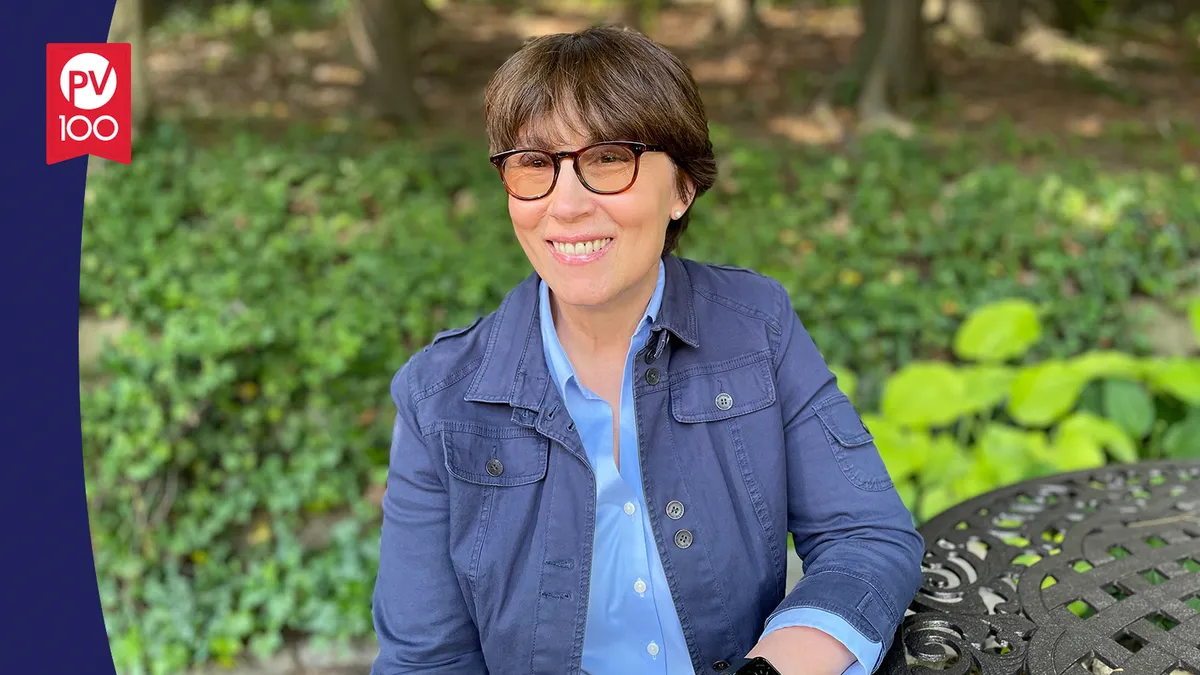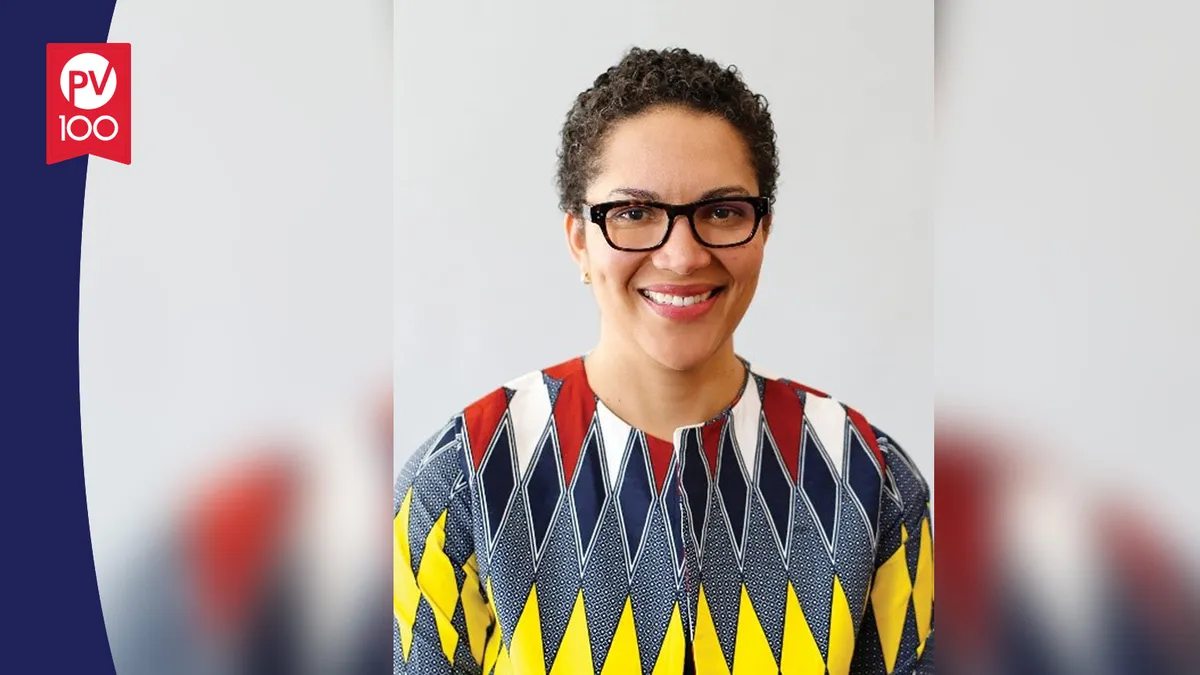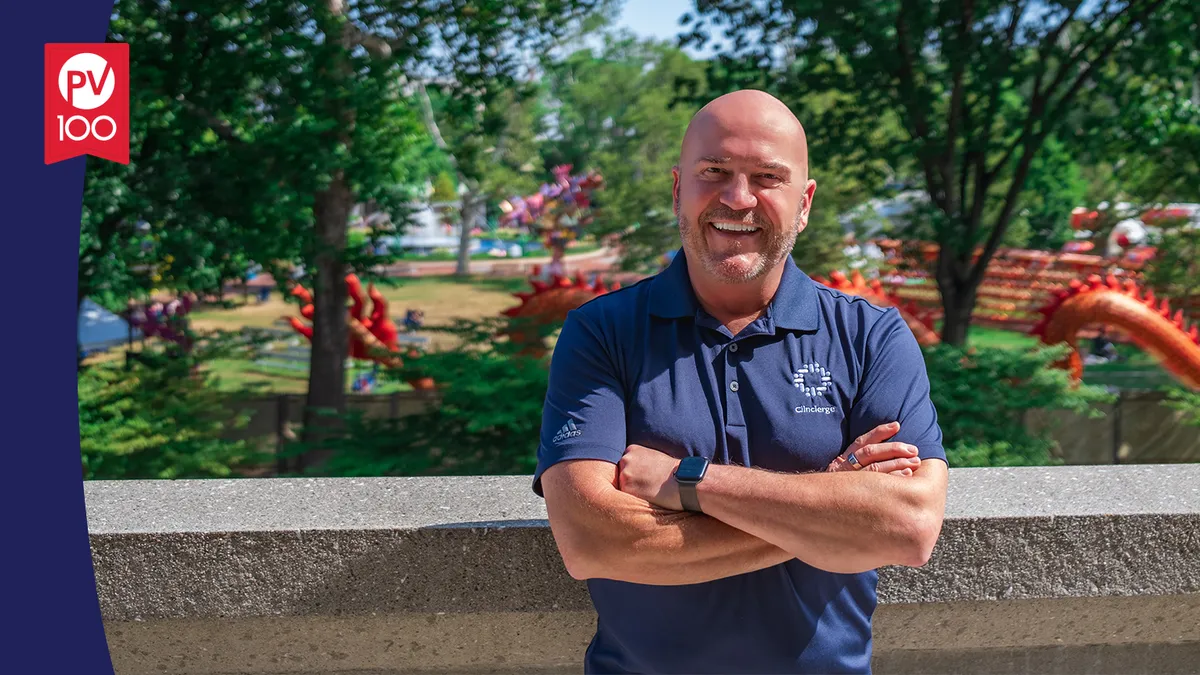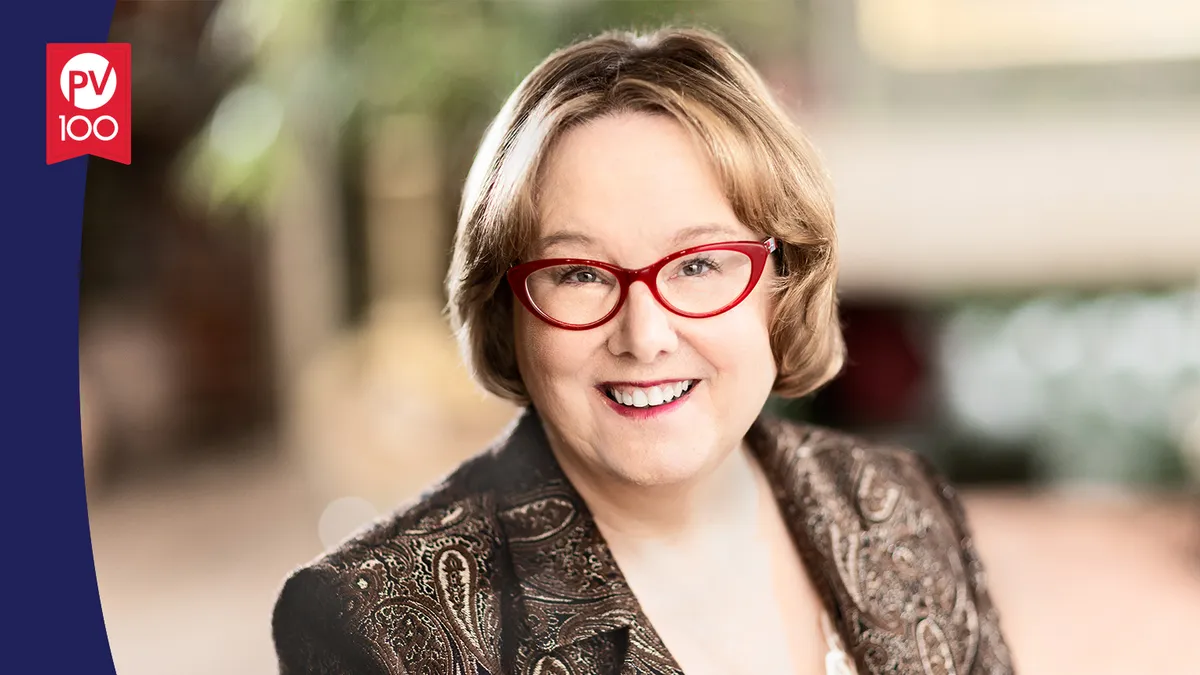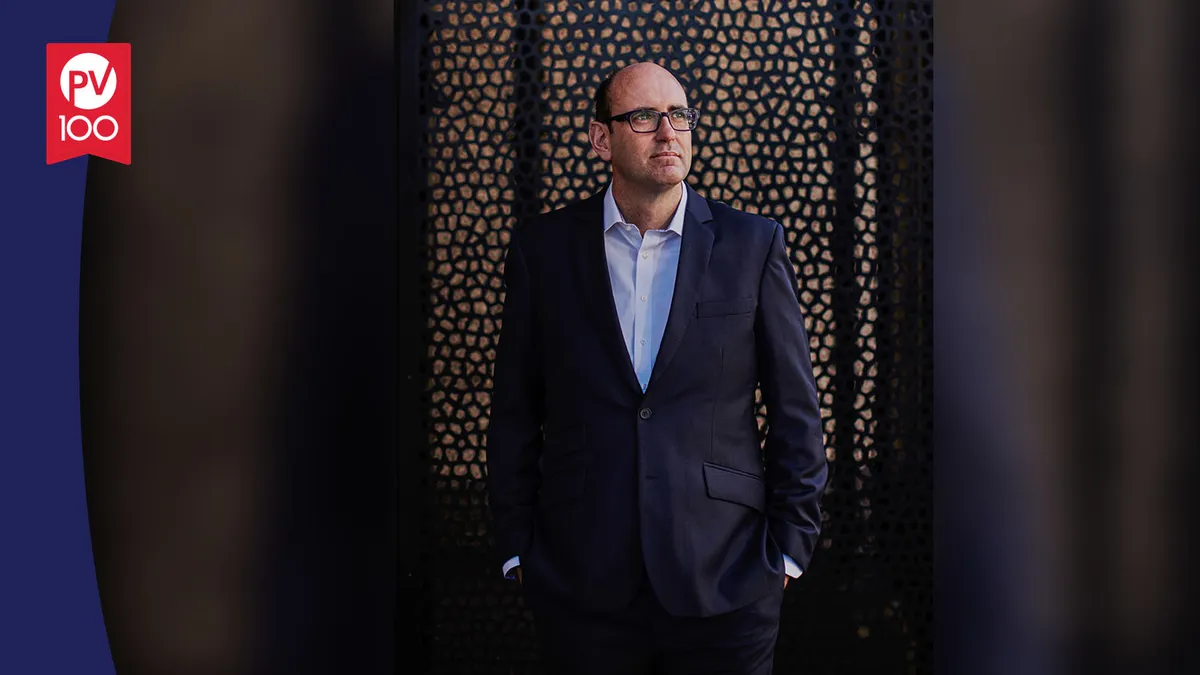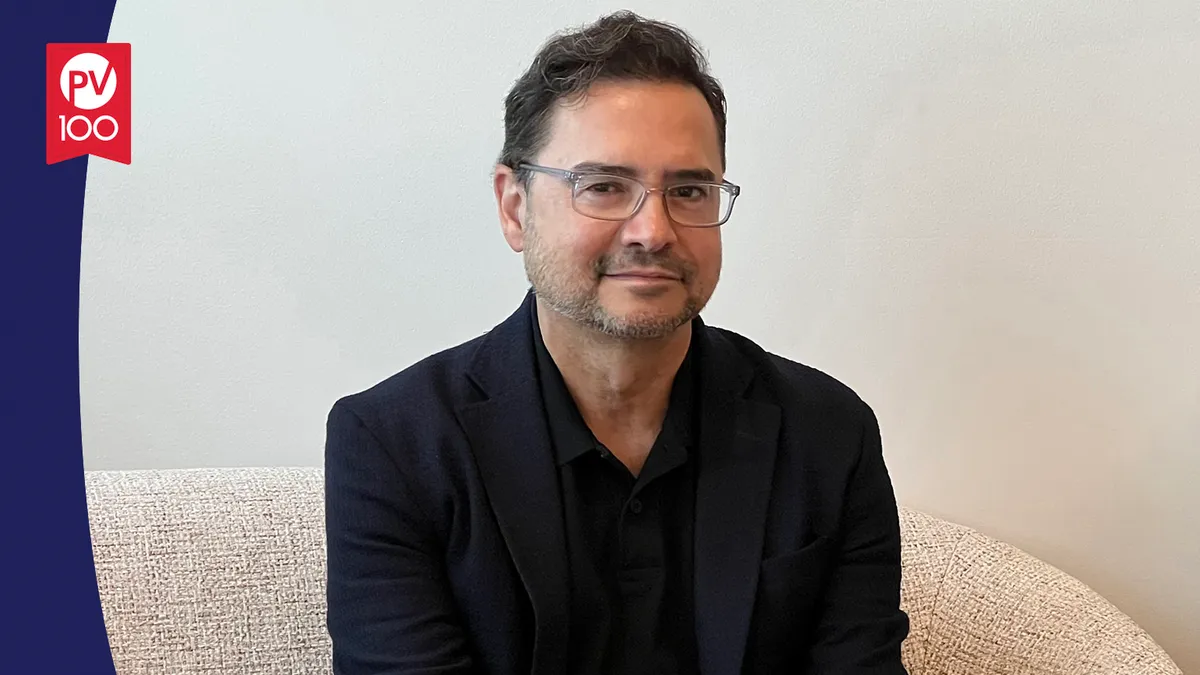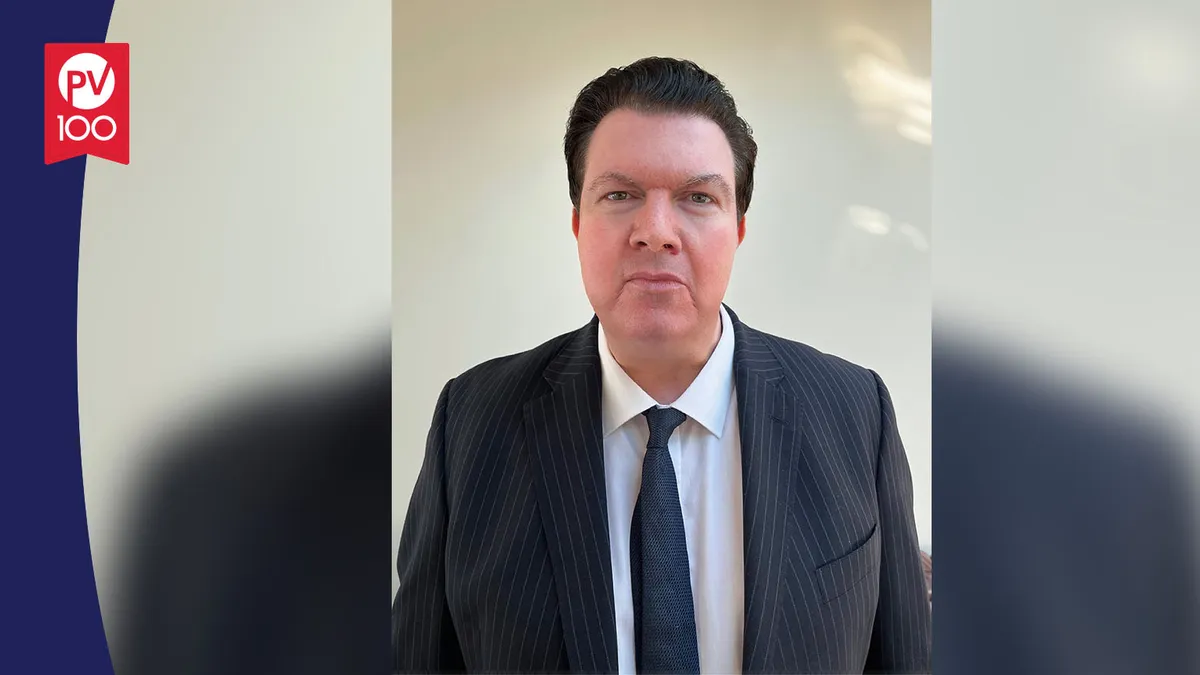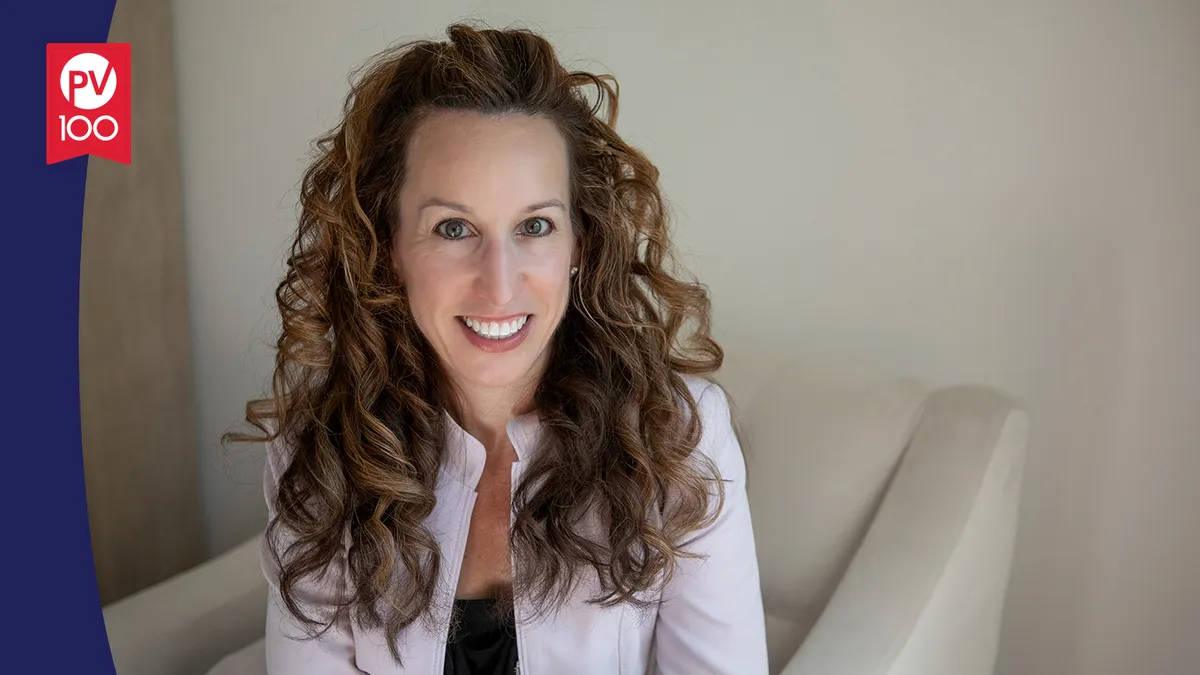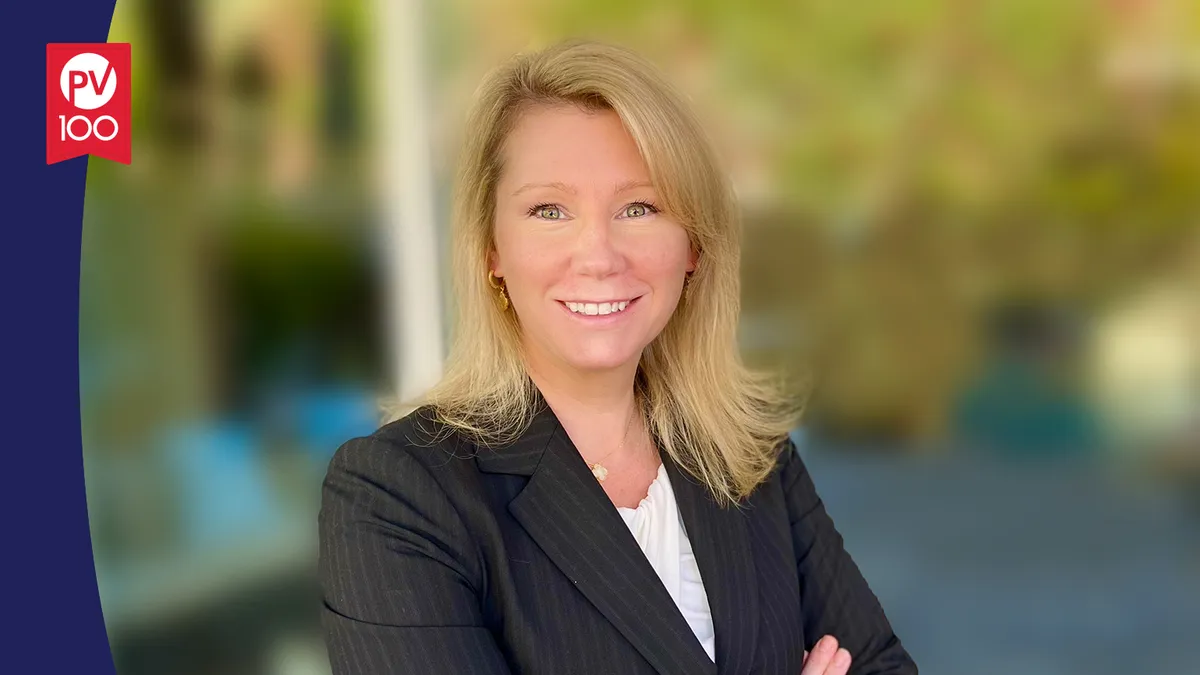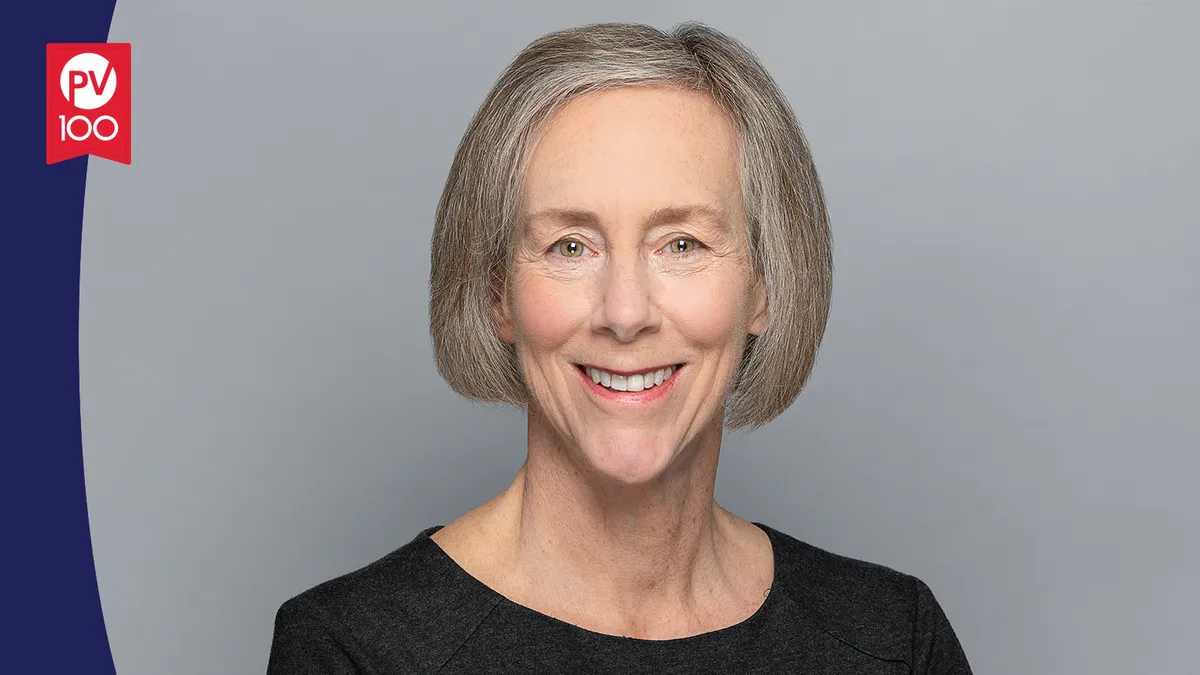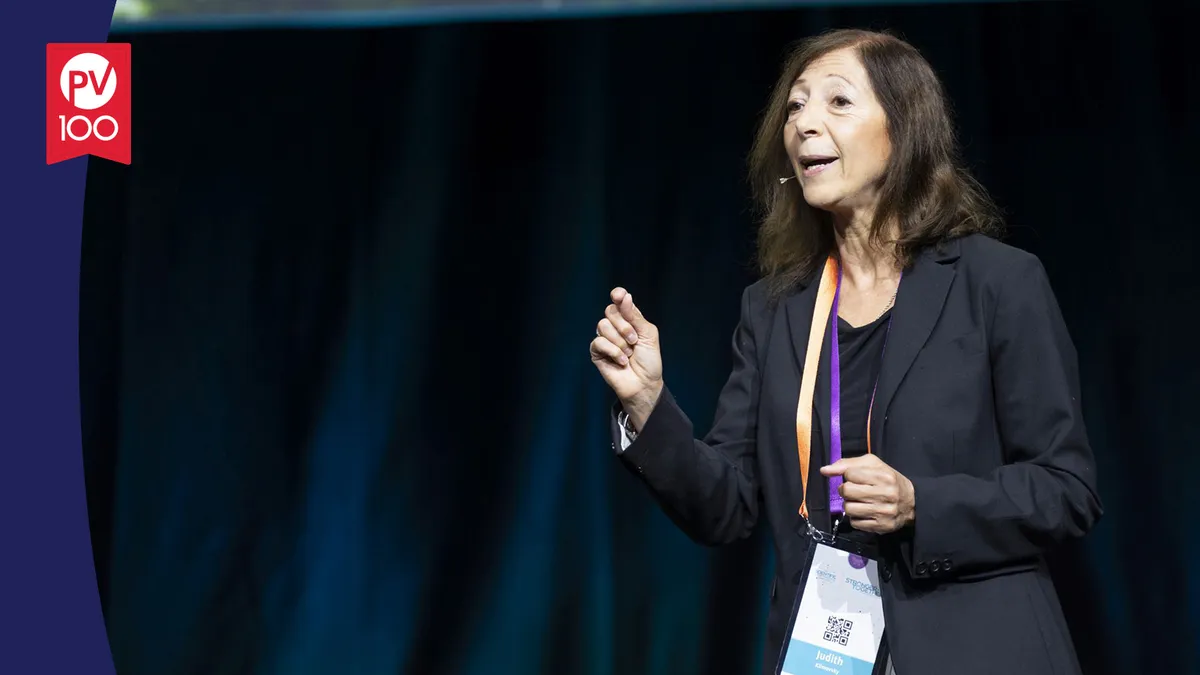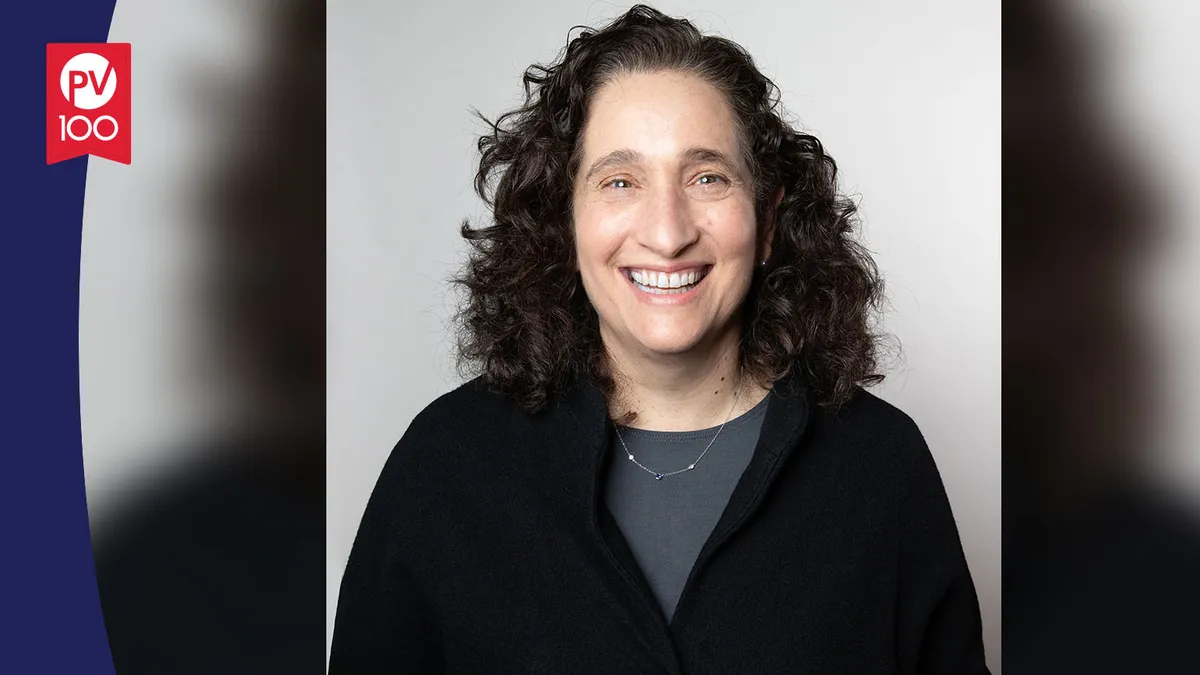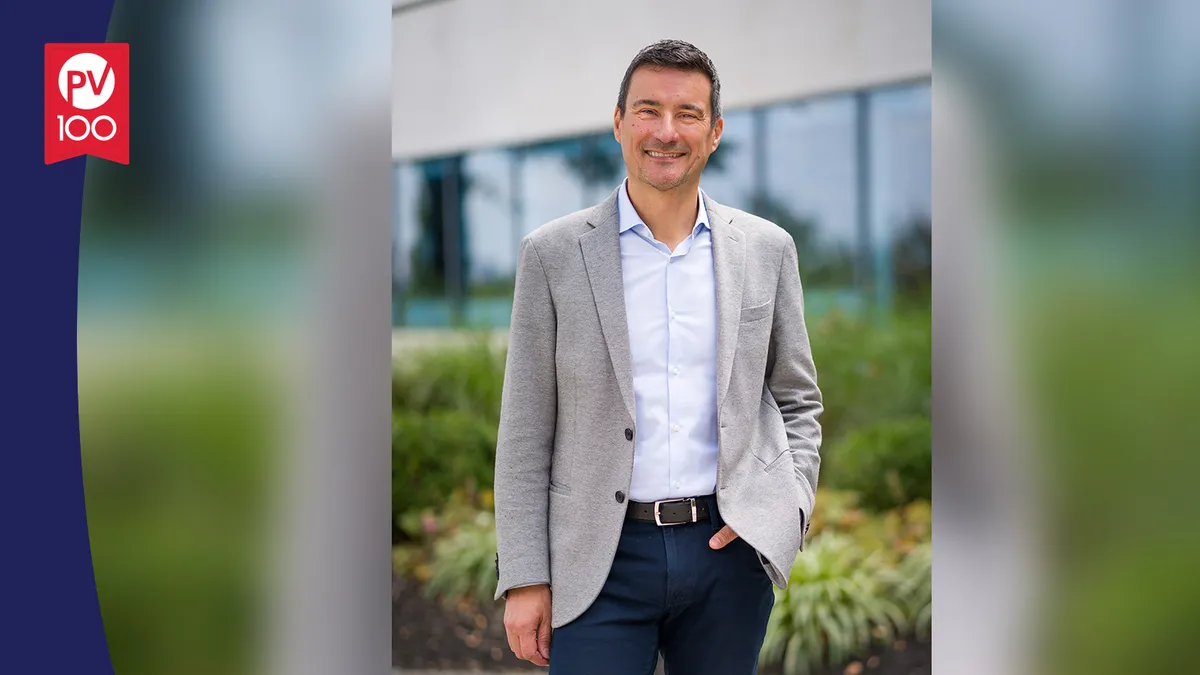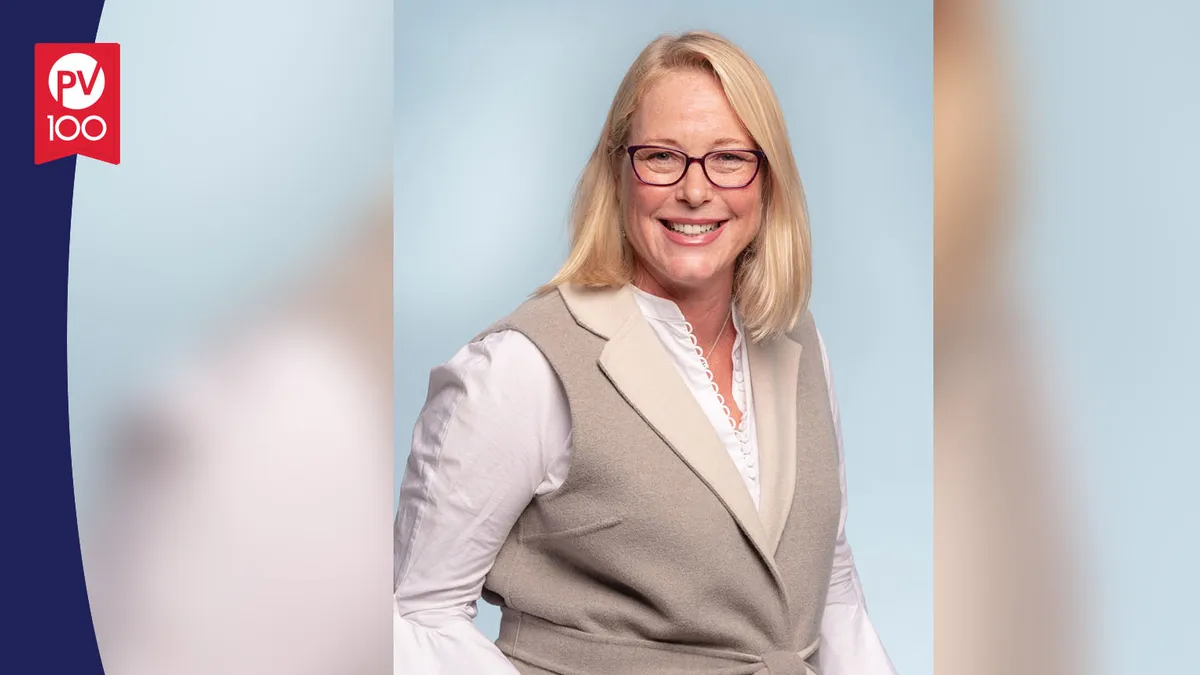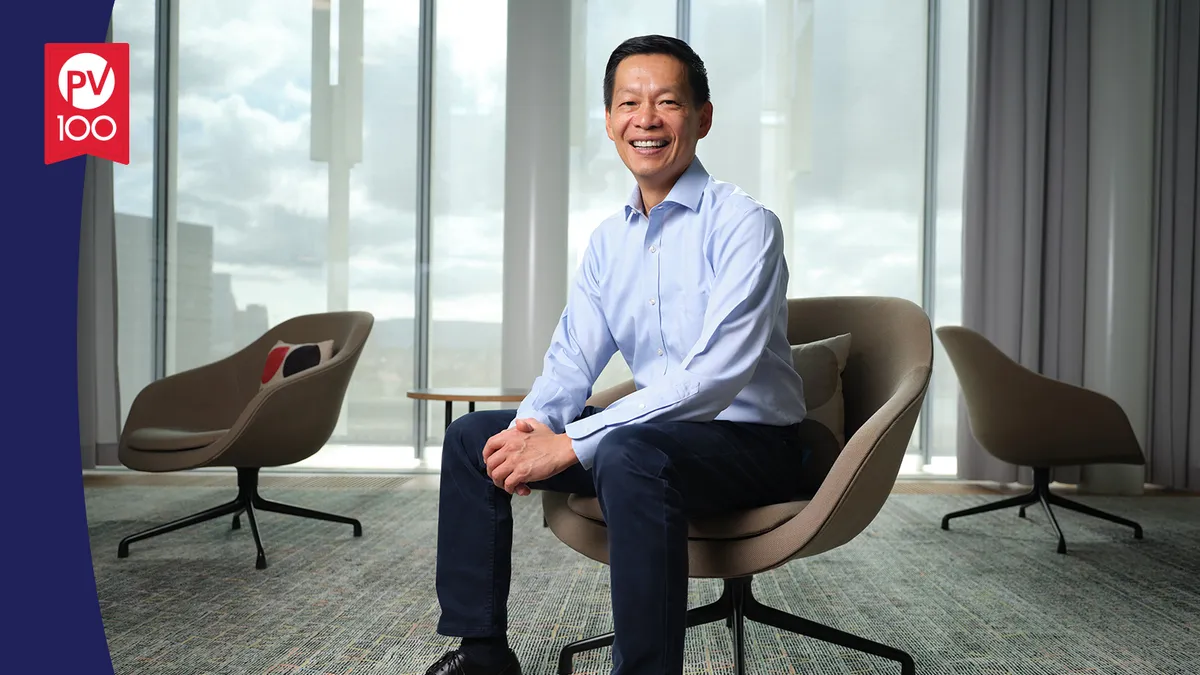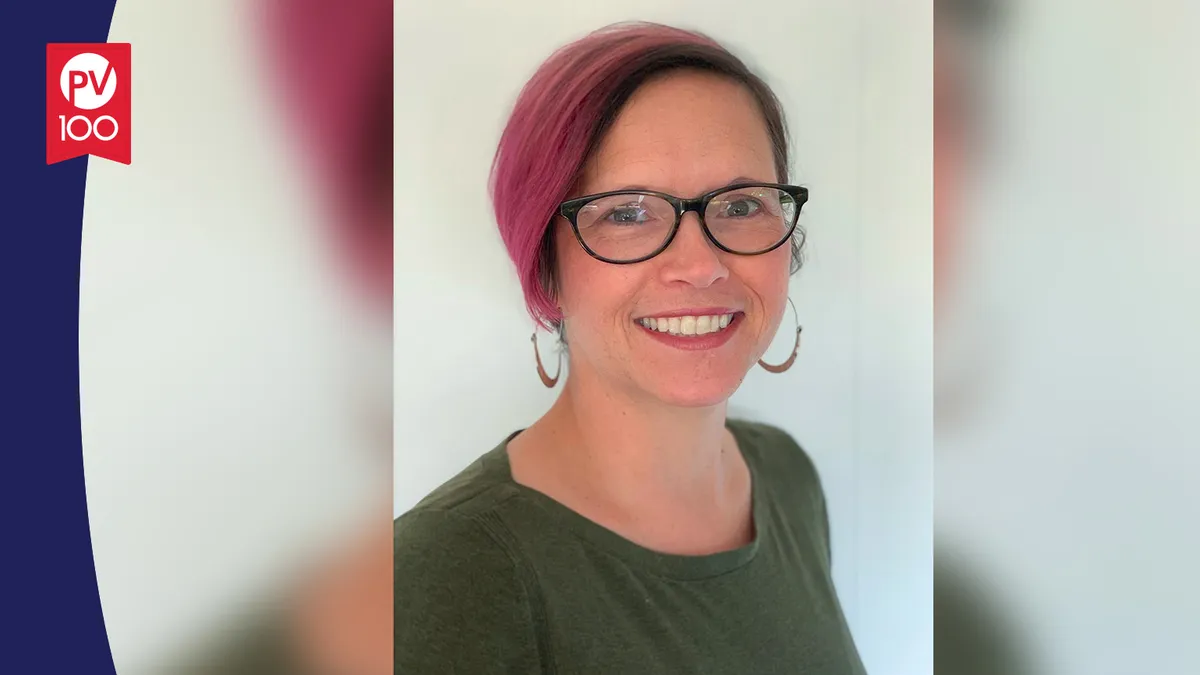Editor’s note: This story is part of our 2022 PharmaVoice 100 feature.
There’s a saying: “If you want to go fast, go alone; if you want to go far, go together.” Samantha Singer, president and CEO of Abata Therapeutics, doesn’t think the two are mutually exclusive.
“As a leader, I aim to create conditions where we can go both far and fast, in a way that is high performing and deeply satisfying to people,” she says. “That’s the culture we’re dedicated to at Abata. We have trust in one another as individuals; we are accountable and empowered — working together as a team, we are unstoppable.”
Singer says what drew her to Abata was the opportunity to make a difference for those with progressive multiple sclerosis, an area she was extremely familiar with after spending seven years in senior roles at Biogen and eight years before that as a consultant for the company, which was a pioneer in the space.
“I experienced the transformative impact Biogen had on the lives of patients with relapsing MS, offering one of the earliest treatments available and, later, the most efficacious therapy on the market,” she says.
As an entrepreneur in residence at Third Rock Ventures, Singer learned about the groundbreaking work being contemplated by the Abata team on a regulatory T cell (Treg) therapy — a new approach to address autoimmune disease. According to the preclinical-stage company, there are plans to start three clinical trials by 2026.
“Currently, there are no therapies available for patients with progressive MS who no longer experience relapses,” Singer says. “They suffer a relentless course of debilitating disease. Abata’s lead program, a Treg cell therapy, could offer robust, safe and durable treatment, transforming these patients’ lives. After my experience at Biogen, seeing the impact of novel therapies on relapsing MS, I find it highly motivating to lead a company that could have a similar impact on progressive MS.”
Having served in several C-suite operational roles during her career, Abata is Singer’s first stint as a CEO and she is leaning into lessons learned in the boxing ring.
It started as a recreational hobby — but Singer’s found that boxing has turned into a unique leadership development opportunity. In fact, through the charity event “Haymakers for Hope” Singer won her bout and raised more than $45,000 for cancer research.
“Boxing has been a transformative leadership experience for me,” she says. “Some of the essential qualities of being a good executive are also paramount in boxing. In the ring you learn to advance the action in many different ways, and context is everything. As a chief executive, inquiry is essential to understand context, and sometimes waiting is as powerful as taking action. You also learn that when the pressure is on, you need to trust your gut and make decisions in the moment. Most importantly, when something goes wrong, you need to get up and move on, and not stand around waiting for the next punch.”
“I’ve known the importance of broad participation in culture creation, but the experience of launching a company during COVID drove home its centrality for building a high-performing organization.”
Samantha Singer
President and CEO, Abata Therapeutics
After launching the new company in June 2021 in the middle of the pandemic, Singer and her team have raised $95 million in Series A funding. Singer’s inspirational approach to leadership and business acumen prompted one of her nominators to note that with her at the helm, Abata is a company to watch.
For Singer, launching Abata during COVID-19 also drove home the importance of building a high-performing organization with broad participation of all team members. She knows that with the right people in place and an unrelenting commitment to fostering an environment where they can thrive, she can build a company that can scale up successfully.
“The key is to enlist everyone as culture creators, not just culture consumers, and they need to see it as an evolving state, not a fixed condition,” she says. “Articulating values is a starting point; then as a leader you bring them to life through ongoing conversations. A culture can then grow and evolve when the contributions and experiences of all employees, even the newest team members, enrich what the values look like in action.”







